It’s been exactly 30 days since Wahoo started shipping their first GPS bike computer, the Wahoo ELEMNT. The unit was announced last year at Interbike in September, and while they had planned to have it in your hands by Christmas, it didn’t quite work out. No worries, they say the best things come to those who wait.
The question virtually everyone has is whether or not the ELEMNT will dethrone Garmin in the GPS bike computer world. So I set out to figure that out. Since last fall I’ve used more ELEMNT pre-beta, beta, almost-RC, and now production devices and software versions than I can shake a stick at (or a lot of sticks at). But everything you read here is based on the final version of hardware and software.
I’ve tested it on rides outdoors, indoors, in sideways rain, and hot and sunny conditions, and 5hr+ rides. I’ve used it with every type of accessory it supports, from power meters to SRAM RED eTAP shifting and BSX Muscle Oxygenation sensors. To be sure, there’s an impressive amount of functionality for a first GPS bike computer.
But the question is – is it enough functionality? Ahh yes, let’s begin.
Unboxing:
I’m going to go out and there say that the ELEMNT’s packaging design is one of the best I’ve seen in the sports tech realm in a really long time. Yes, I know you probably think I actually like doing the unboxing section – but in reality it’s one of the things I secretly hate doing. But the ELEMNT’s packaging actually made it interesting.
The box unfurls to a bike handlebar with various images of how the screen looks while riding. It’s explanatory and easy to understand.
Meanwhile, at right you can see the actual unit through the window with an overlay of how things actually look once powered on.
Upon sliding it out, you’ll find a tray with all your accessories.
Remove all those from the wheelbarrow, and you’ve got this:
To begin, you’ve got three different mounts – another first. One for on the stem, one an out-front mount, and then a triathlon bike aerobar mount (TT-bike).
Now, it’s somewhat unfortunate that the stem mount uses zip ties (as opposed to industrial bands), which kinda spoils an otherwise perfect mount threesome.
The others don’t require zip-ties though, and just use a small screw.
Beyond that you’ve got the unit itself. Here’s the front. You’ll notice two buttons on the right side, and three on top (towards the bottom). There’s also another button on the left side.
And here’s the back. On the back it has a quarter-turn mount. Said mount is *NOT* the same as the Garmin quarter-turn mount. The flap/edges are just a tiny bit wider. You can solve this with a file, or, my non-destructive advice after the picture.
Close enough that if you have the standard Garmin rubber band mounts, it fits it if you learn how to get it in the hole. Specifically that if you dip the front end into the mount first, then twist left or right slightly, the tail will follow right along into the mount. Donezo!
Note though that the orientation of the tabs is different than the Garmin Edge series (but identical to that of the Garmin Forerunner Quick Release kits). So just ensure that if you have a 3rd party out-front mount that you can rotate the baseplate 90°. Most support that these days. K-Edge also has a new mount insert as well that they’re selling now for their existing mounts.
Oh, and before I forget, the unit is charged using an included micro-USB cable. That’s the same type of cable you’d use to charge your phone (unless it’s an iPhone).
Finally, a brief word on weight and size. The ELEMNT comes in at 105g:
For comparison, the Garmin Edge 1000 is 115g, the Edge 520 is 61g, and the Polar V650 is 122g. Oh, and the Edge 810 is 98g and the Mio 505 at 130g.
Meanwhile, looking at size you’ll notice the ELEMNT certainly isn’t the slimmest kid on the block. It could probably use a few less burgers and a few more miles of riding. Chubby is an accurate way of looking at it. But it’s shorter than the Edge 1000, and less beefy than the Mio 505 series.
Also, for those coming from the existing Wahoo RFLKT/RFLKT+ (43g), you’ll see it’s substantially bigger. Of course, that unit didn’t have GPS in it and required a phone while riding.
Ok, with the comparisons out of the way, let’s dive into getting it cookin’.
Setup & Configuration:
When it comes to setup and configure of the ELEMNT unit, the vast majority of your customization will be done using the Wahoo phone app (called ELEMNT as well). There is in fact very little tweaking you can do of settings on the unit itself, with the only on-device configuration limited to editing/adding sensors, and turning on/off GPS (for indoor use). Also, you can check for firmware and route updates from the unit itself.
Now to get started you’ll download the app and then start up the ELEMNT, which gets you to this QR code:
Now, you simply scan the QR code with the phone app. This takes under a second (way under a second) to complete. And pairing is now done!
Actually, technically it’ll ask you to confirm the request – but now it’s done. This is approximately 1,328 times cleaner and more efficient than any other fitness device out there (and virtually identical to how Apple does it on the Apple Watch).
With that complete, you’re ready to configure things like data screens or preferences. One of the first things I’d do though is to setup your WiFi networks. This allows it to check for firmware updates and download routes. So go ahead and add in any networks you’d like.
Once done, tell the unit to check for a firmware update and then update if required. At the rate/pace of Wahoo’s firmware updates, there are massive differences in these updates – so it’s definitely worthwhile.
With that setup, I’ll go back in and edit my data pages. Now Wahoo has a kinda-neat/kinda-odd concept when it comes to data pages. You can configure numerous pages, but each page will have an ordered set of data metrics that you can increase or decrease in quantity later on. Said differently, you can (on the fly) go from having two data fields shown to nine data fields shown mid-ride (on a single page). It’s neat in that you can drop-off less desirable fields, but then add them back in later if you want them. It’s odd in that sometimes I just wish I could set up a set number of fields per page and not have to screw around with the extras game.
In any case, you go through a data field picker to add and order your metrics and pages, like below:
I’ll cover the whole increasing/decreasing thing in the next section on ‘Day to day Use’.
You’ve also got some ‘common’ pages (that you can enable/disable), for aspects like route following or climbing. You can tweak those slightly. Further, if you have a trainer connected, you can tweak that data page too. Overall, tons of tweakage potential.
Next, you’ll want to setup the LED lights along the top/side, in terms of what they mean. You can specify which metrics the side LED’s are tied to: Heart Rate (HR), power, and speed. Further, you can change what to use the top LED’s for. And you can tweak some sounds.
These heart rate zones can be customized within the app. Note however that there is not an option to configure power/speed/cadence zones.
This is also the same section of the app that you’d tweak your weight/height and other biographical stalking goodness.
Next, we’ve got general usage settings around alerts, basic ride settings (auto pause, auto lap, and the backlight). In general you’ll find that while the ELEMNT settings in these categories aren’t as granular as on comparable Garmin Edge series devices, they do get the ‘must have’ concepts covered.
Take for example the backlight settings. On an Edge 520 you’ve got numerous options ranging from a few seconds to a minute. On the ELEMNT, you’ve got three options: Off, 5 Seconds, or On. This is not Burger King. Correction: Burger King it is! Turns out if you select 5-seconds within the app you can then tweak the value. Boom, Whopper time!
Finally, you’ll want to setup apps to integrate with. For example the unit can automatically upload to Strava, Training Peaks, Garmin Connect, Today’s Plan, and more. What’s cool is that you can set these up via the app (and sync that way), but it’ll actually do the sync via WiFi to these directly as well. So as soon as you pull into your house/apartment/garage and click finish, it’ll upload via WiFi to these software apps.
The whole upload process generally works well, albeit perhaps a tiny bit slower than the Garmin sync process. But usually things get there within a minute or two for me (to Strava for example), using WiFi. If I use Bluetooth Smart via my phone, as soon as it syncs to the phone it only takes a couple of seconds to show up on the 3rd party platforms.
Day to Day Use:
Ok, now that we’ve got the whole thing all setup, let’s just get using the darn thing. After powering it on, you’ll be brought to a main dashboard screen. By default the GPS will be enabled, but you can turn it off by just tapping the upper left button (such as for a trainer ride).
On the main dashboard screen, it’ll be your first data page. So ‘dashboard’ is probably a bit of a misnomer, since it’s really just ‘Page 1’ of your ride screens. From here you can use any of the buttons on the unit to control what happens next. I’ve outlined them below in a handy little chart. It’s kinda self-explanatory.
What is so self-explanatory, until you’ve seen it though, is the up/down buttons. This allows you to increase or decrease the number of data fields per page, on the fly. To begin, let’s start with this main page I’ve setup. First, look at the fields I’ve configured within the ELEMNT phone app. Notice how I can change the order of them by holding them down:
Now watch on the ELEMNT itself as I go from 5 fields to 9 fields. You’ll see the fields that were lower down my list drop off. Don’t worry, it’s still recording all that data – it’s just not shown. Here’s a handy little animated GIF showing me going from 1 field to 9 fields.
Next, I can tap the ‘Page’ button to switch to another page, such as the Climbing page, which tracks your ascent/descent. Again, this is totally customizable – and you can also increase/decrease the fields per page. You’ll also note the tiny little arrow next to some fields. This shows whether I am above or below the ride average. So in the case below, my current watts (showing as 216w) is below my ride average. And my current speed (6.7MPH) is also below my ride average. The top data field I had configured at my 5-second rolling average.
Then we’ve got the map page. You can change the single metric up top. Clicking the up/down arrows increases the zoom. But we’ll get back to the map page in a moment – so hang tight.
Here’s an example of a page I created for connecting to SRAM RED eTAP. I just added a boatload of shifting gear metrics. Really, this is totally overkill, but I just wanted to demonstrate the concept.
You can create up to four additional/custom data pages, each with up to 10 pieces of information on them. Plus you’ve got some pre-set pages like the Map/Climbing/Trainer pages that you enable/disable. So 10 pages in total.
Once you’ve maxed out on data metric overkill, it’s probably wise to actually start riding. Just hit the ‘Start’ button.
Like all other bike computers, you simply hit the ‘Lap’ button to create a lap marker. You can also setup auto lap too by either time or distance.
Now is as good a time as any to talk about the buttons. In general while riding you’ll be using the right-side buttons (up/down), as well as the lap and page buttons. These are relatively easy to find in terms of you locating them (with or without gloves). However, they are a bit stiff to press, and can sometimes take a few presses to get it to take.
As far as screen clarity goes – the ELEMNT is super-crisp. I’m sure some folks will appreciate the far greater font sizes used if you decrease the number of metrics on a page. While I know some people have challenges with readability in the Edge series units in direct sunlight, I’ve really never had a problem. So for me, I don’t see a meaningful difference in terms of ‘Can I read the display’ between the two units – since they both work just fine.
To stop the unit you just press stop. That’ll basically pause it. You can then save it later on by pressing to end the ride.
Once you do that, the ride ends. You’re not brought to any sort of ‘Summary’ page of your ride when you end. It’s just sorta back to starting another ride. However, you can hit the ‘History’ button, and then view some metrics for your last ride. As with other data pages, you can press up/down to increase/decrease metrics shown.
You can also show the weekly totals as well:
Going back to the device for some mid-ride items of note, I want to chat about the LED’s. These LED’s are along the side and top of the unit. The left one is semi-customizable for showing your current zone status for power/HR/speed. Meanwhile the top one is for showing notifications/alerts. Below (blue LED’s) you can see I have it setup for power, and in this case, showing my power against the average power for the ride.
I think the concept here has potential, though it does need a bit more fleshing out and needs to allow the user a bit more customization of them.
Another feature that needs more help is the Live Tracking. Now technically this is split into two pieces. First is the ability to allow friends and family to track where you are. The unit can be configured to automatically e-mail (or a tweet) a pre-defined list of contacts anytime you start a ride. No need to do anything else extra in terms of steps, it just happens. This just requires your phone be on you – and that the ELEMNT app be open somewhere in the background.
You can also create a ‘static’ link that never changes. That’s useful because I’ve found the connection drops semi-often and when it does then the one-time tracking links are dead. So it’s almost better to share your forever-link (to close friends).
However, realistically, your friends and family will find this kinda useless. The unit only shows your current position. That’s it. No history, no track of where you’ve been. No sensor data, nor a map of your pre-loaded/planned routed. Just a dot.
In talking with Wahoo, they said that they plan to add more functionality in this area, but not till later this year.
Now in addition to the option for friends to follow you, you can also see other ELEMNT users on your actual device. Though, regrettably I lack friends with ELEMNT units here in Paris to try this out.
Last but not least is the smartphone integrated notifications. This enables you to receive text, phone call, and e-mail alerts on the ELEMNT mid-ride. You can enable/disable any of these individually via the ELEMNT phone app. While riding, the text messages will display nice and big, and are easy to read.
There’s also a ‘Do not disturb’ option too, if you want to simply mute notifications while you’re already mid-ride.
Beyond the features discussed here (and the mapping/trainer sections), things are fairly ‘clean’ forward on the ELEMNT, with ‘clean’ being a nice word for ‘basic’. Meaning, there are no functions like structured workouts, workout calendars, or training plans. You can’t create or download workouts to the unit to do, nor can you setup things like alerts (i.e. cadence/power/speed/HR), or any of the other numerous customizations you can do on a Garmin Edge unit. For many people, that’ll be just fine. In fact, for me – I rarely use those features, so in that sense it’s not a deal-breaker for me.
Mapping:
The ELEMNT includes basic mapping and routing. It does not at this time however include turn by turn navigation. What’s the difference you ask? Well, the ELEMNT is essentially like the Edge 520 today, in that it can have a basemap showing streets and your route. But it doesn’t know that you’re actually on Maple Street and that you just missed your turn and the next option is Grand Street. Instead, what both of these units do is show you the route overlaid on the streets, and you can best match what you see in real life, to what’s shown on the screen. Finally, in the case of Wahoo, they come with a global basemap that’s rather detailed and very functional. Whereas with Garmin’s Edge 520, you get a totally useless basemap, but then you can manually layer in free 3rd party maps.
In the case of Wahoo, they primarily pull route information from your accounts in 3rd party sites. So if you want to route somewhere, you’re basically going to need to use Strava or RideWithGPS to get the route to the ELEMNT. That’s because the ELEMNT will enumerate routes from those accounts.
To start, I’ve created a route for tonight’s ride on Strava, using the ‘Create a Route’ option. In my case tonight, I’m just creating a route for the first portion of the ride, and then after that I’m simply doing loops for a while. I’m using the route primarily to figure out how to get between two points most efficiently.
Then you’ll want to name it something useful so you can find it later.
Before we continue, you’ll have wanted to previously linked up Strava to the ELEMNT (see the section on ‘3rd party integration’).
Once that’s done, you need only go into the ‘Routes’ page on the ELEMNT and press sync. Though, in most cases it’ll sync automatically. It currently does this sync via WiFi (and only WiFi), so you definitely want to do this before leaving home. Wahoo says that Bluetooth Smart sync via your phone is on the way though. Note in the list below it shows which platform those routes are being pulled from (i.e. Strava & RideWithGPS).
After that you’ll go ahead and select the route from the list of routes, which will then activate it as your route to follow. Note the check box next to the route, and that it’s listed in the ‘Selected’ category up top.
From there you’re ready to ride. The map page will show you the route overlaid onto the map. Since the screen isn’t color, you’ll instead see these arrows on the route (sorta like the arrows from Mario Kart years ago).
At this point the map doesn’t display street names, though Wahoo says they are looking at some options there. You can zoom in on the map, as well as zoom out. Both are done by using the up/down buttons. Note that there’s a small scale icon at the bottom, as well as a compass up top. The scale though can be rather difficult to read, since it’s black text on more black text.
At this point it’s important to remember there is no turn by turn directions, nor are there notifications to turn. You’ve just gotta stay on the map page and keep on following.
There are however notifications if you are off-course. So if you miss a turn then the unit will flash the top LED’s RED, at which point you can figure out how you messed up.
Finally, one cool piece on the mapping front is that it will show your planned route elevation on the climbing page. You can see below my current position as I made this small climb, and the planned route elevation ahead of me.
Note that there are also no ‘back to start’ or similar functions. A route is a one-way thing in the world of ELEMNT. You’re on that train track till the end, and if you fall off of it, it’s really your problem to find your way back to that track.
Overall, the functions in navigation are fairly limited in comparison to something like the navigation focused Edge 1000 (or Edge 810). But that’s to be expected, the Edge 1000 is far more expensive. On the flip side, the navigation capabilities do fall short of the Edge 520, which is in the same ballpark. True the Edge 520 doesn’t have a globally detailed basemap, but for 99.99% of riders, you can simply load the locally detailed map at the moment of riding. Same goes for the Polar V650 as well.
I think Wahoo will get to the same level as the Edge 520, but it doesn’t sound like that’ll happen soon. Right now much of the catch-up navigation type features are planned to be added by “end of year”. Of course, it’s worthwhile noting that if you don’t often use your bike computer for mapping/routing – then none of this really matters. For me personally, simply being able to show the route is generally good enough, as most of the time I have a general idea of where I’m going on a new route and just want reassurance.
Trainer Control:
Without question, the ELEMNT does the best job out there of being a bike computer that can control a trainer. It probably stands to reason that one of the few companies that makes both bike trainers and GPS bike computers (of which PowerTap/CycleOps is the other), managed to get it right.
Sure, Garmin introduced ANT+ FE-C control last summer within the Edge 520. And that works well enough as a basic way to control your trainer. But for my particular use case (setting the wattage), the ELEMNT nails it. Of course, to begin you’ll need to scan for your trainer and then add it as a sensor. As of this writing the company only supports the Wahoo KICKR & KICKR SNAP trainers, and unfortunately FE-C support for other trainers won’t happen till next trainer season (Northern Hemisphere trainer season, aka Fall 2016).
Once that’s done, you’ll be able to customize the trainer control page that’s within the data page settings. This page will show up anytime the trainer is connected (and will otherwise disappear when you’re outside riding around).
When connected to a trainer, you’ve got the ability to do a spin-down or calibration of the unit, as well as to simply delete the unit.
You’ve also got a few modes that you can use to control the trainer. For trainer aficionados, these will likely be familiar. But let me give you a quick overview:
Erg Mode (Target Watts): Allows you to specify a given wattage level – i.e. 150w, 237w, 350w, etc….
% Resistance Mode: In this you specify in % a given resistance level – i.e. 10%, 25%, etc… Note that this isn’t grade though, just total resistance available.
Route Mode: Here you specify a saved route (from one of the ones you’ve downloaded to your unit).
Passive Mode: In this case you’ve got another app controlling the KICKR (i.e. Zwift), where the ELEMNT just chills out and records the data.
Level Mode: Simply set a resistance level, i.e. ‘Level 3’.
Now most of my time has been in simple ERG mode. It’s just what I use the most. That means that I’m simply just setting the trainer at a specific wattage, on demand. This is awesome because in the past I had to use the phone app to control the KICKR on demand (or use a structured program like TrainerRoad).
Ok, but you say: ‘Yes DCR, but the Edge 520 already has that!’. To which I respond: ‘Have you ever tried actually using it to do any form of constantly changing interval workout?’
Your response would be to either break down crying in agreement, or say ‘No, not yet’.
That’s because changing the wattage manually on the Edge 520 is like a workout for your fingers. Which is the last thing you want to be doing when you’re trying to do 30×30 intervals (i.e. alternating between 500w and 150w). Whereas on the ELEMNT, it’s beautifully designed. On your resistance page you can simply tap the middle button to shift between the three digit placements (hundreds, tens, ones), and then use up/down to change wattage.
Thus, to go from 340w to 140w takes two button presses, with the KICKR instantly responding.
About the only thing I wish I could do here is to have a dedicated lap button on the resistance page (the lap button goes away while on that page, so you have to shift to another page).
In many ways, the ELEMNT finally truly realizes the long held goal of Chip Hawkins (founder of Wahoo Fitness). See, way back when he offered to make a connected head unit for the CompuTrainer (for free), they declined, and Chip built the KICKR. The KICKR has since dominated the trainer world. Next, Wahoo had long hoped for integration to Garmin head units. That didn’t pan out, and here we have a Garmin GPS competitor. The real question is – what’s the next chapter of this story?
Sensor Support
Within the span of the four weeks since the ELEMNT’s release, the ELEMNT has arrived at being the bike computer that supports the most cycling sensor types (or any sensor types). As of this writing, it supports:
ANT+ Heart Rate sensor
ANT+ Speed-only sensor
ANT+ Cadence-only Sensor
ANT+ Speed/Cadence Combo Sensor
ANT+ Power Meter
Bluetooth Smart Heart Rate sensor
Bluetooth Smart Speed-only sensor
Bluetooth Smart Cadence-only Sensor
Bluetooth Smart Speed/Cadence Combo Sensor
Bluetooth Smart Power Meter
Shimano Di2 System (via private-ANT)
SRAM RED eTAP System (via ANT+ Gear Shifting Profile)
BSX & Moxy Muscle Oxygenation sensors (via ANT+ Muscle Oxygen Profile)
Wahoo KICKR/KICKR SNAP Trainers
Note at the moment there isn’t yet recording of the Di2/eTAP data, nor is there the ability to set your various chainring/cassettes. That’s coming though.
The above list captures the vast majority of cycling sensors out there today. If you were to boil it all down into things that the Edge series doesn’t support, it’d be:
Bluetooth Smart sensors (of all types)
SRAM RED eTAP System
BSX/Moxy Sensors (Muscle Oxygen sensors)
Then there are things that the Edge series supports that Wahoo doesn’t (yet):
Garmin Varia Radar systems
Garmin VIRB Action Camera
ANT+ Lighting Control (Garmin Varia lights)
ANT+ Remote Control
ANT+ Weight Scales
ANT+ FE-C Trainers (most electronic trainers except Wahoo trainers)
Of course, all of these things may or may not matter to you. Wahoo did note that they are looking at the ANT+ Lighting control, as well as GoPro integration – but don’t have dates for either at this time.
Ok, so that’s all nice and cute – but how the heck do you add sensors? First, you’ll tap the left button to get into the menu. At this point you can see existing sensors, as well as add a new sensor. Note that you can save numerous sensors of the same type as well.
Once you click ‘Add Sensor’, it’ll go off and start searching. This process is a bit slow, but it gets there. You can click the ‘More’ button at any time to just see a list of what else is found.
After which you can look at the type (ANT+ or Bluetooth Smart), as well as the ID of the sensor.
This is also accessible and possible to do via the app instead. You can also name them through the app (i.e. ‘Quarq Power Meter’ or ‘Cervelo P3C Cadence sensor’).
Now as I hinted at above, probably the most critical difference in terms of sensors here between the Wahoo units (including the older RFLKT+) and the Garmin units is the ability to utilize Bluetooth Smart sensors. Garmin only permits ANT+ sensors.
Of course in the grand scheme of cycling, there are only a handful of cycling-specific devices that are Bluetooth Smart only (looking at you, Polar Bluetooth Pedals), and the original Wahoo BlueSC or original RPM1 units. Beyond that, almost everything is dual (ANT+/Bluetooth Smart) these days. Of course, there are more Bluetooth Smart-only heart rate straps. But there are also numerous ANT+/Bluetooth Smart dual straps available too.
Now switching gears back to the Muscle Oxygen sensor (either BSX or Moxy) – I think it’s worthwhile noting a key near-term substantial difference here to Garmin. In the case of Garmin, they support the Muscle Oxygen sensors via their 3rd party Connect IQ platform. That all works great – except for the fact that you can’t record the data. No, really, it just disappears after you see it on the screen.
Whereas with the ELEMNT, that data is recorded to the .FIT file. So you can upload that to platforms that support it – like Sport Tracks (below). In theory this would also work if you configured Auto Sync between Garmin Connect and Sport Tracks, since Garmin Connect just passes the original .FIT file over to Sport Tracks. But for some reason the SmO2 values don’t show up when I do it that way (but for others it does work). Likely a minor quirk that’ll probably get fixed about 3 minutes after me posting this.
Perhaps someday Wahoo will also enable direct uploads to SportTracks too. Note that as of present the ELEMNT will ‘only’ allow you to use a single SmO2 sensor (i.e. just one Moxy), where some users will use one on each leg. That’s not yet possible.
3rd Party Integration:
When it comes to integration with 3rd parties, the Wahoo ELEMNT is somewhat mixed. That’s because while they support syncing to third party platforms (i.e. Strava, Training Peaks, etc…), there’s no method at this time for 3rd parties to run apps directly on the ELEMNT (like Connect IQ on Garmin devices, or even the Wahoo RFLKT/RFLKT+).
On the 3rd party platforms side of things, you’ll setup the accounts you want to sync to via the ‘Profile’ options within the app. This allows you to ‘link’ various 3rd party platforms to the device.
This is notable because while yes, it’s linking them to the app, it’s also linking the ELEMNT device to be able to accomplish the same sync process wirelessly via WiFi (without your phone).
As of this this writing, you can sync your workout files to the following services:
Apple Health
RideWithGPS
Strava
TrainingPeaks
Today’s Plan
MapMyFitness
Garmin Connect
This list is a bit shorter than the regular Wahoo Fitness app, which also supports platforms like Dropbox, RunKeeper, Cycling Analytics, 2Peak, Nike+, and others. Of course, some of these are likely lesser used in the cycling world – so they probably weren’t a higher priority.
Configuration though of any from the supported list only takes a moment to complete. It’s a standard authorization prompt from that site via the ELEMNT phone app, and then you’re good to go.
In my case, I enabled the option for ‘Auto Sync’, which means the workouts will automatically be sent to all of my configured platforms upon saving the workout. I’d recommend doing the same as it just makes life easy. On average, I’ve found it shows up (on something like Strava) within a couple minutes.
Note that if you want to get it to platforms that Wahoo doesn’t yet support, you can use the Garmin Connect trick. Which is to say you can sync it to Garmin Connect, and then from there to a platform Wahoo doesn’t yet have (for example, SportTracks).
Also worthwhile mentioning is that at present the unit doesn’t have Strava Live Segment integration yet, as was rolled out on Garmin Edge devices last year. However, Wahoo says they plan to have it soon, likely before the end of May.
Finally, the second half of integration here is the routing integration. I talked about that earlier in the ‘Mapping’ section – but just to recap, you can pull routes from Strava and RideWithGPS. Anything you’ve saved on those routes will show up on the device. Though as noted that currently requires WiFi sync for the ELEMNT itself. So if you don’t have that handy (such as traveling without the ability to create a MiFi hotspot on your phone), then you’re kinda hosed. Wahoo says an update is coming though to allow you to sync routes via Bluetooth Smart on your phone too.
Bugs & Quirks:
To say the ELEMNT is perfect would be far from the truth. It’s basically a teenager. In that it mostly works fairly well and does what it’s told. But sometimes it just gets all hard-headed and totally ignores you.
Further, it lacks the finesse of a post-graduate student or older adult. But for most people it’ll get the job done.
Wahoo has made tremendous strides over the last month in terms of fixing bugs. Further, they’ve taken to tracking down bugs seen by users on my previous preview post, as well as the quickly growing Wahoo ELEMNT user group forum. The forum is great in that they respond quickly and can validate whether something is being worked on. Of course, keep in mind that most bugs aren’t seen by everyone, nor do they impact everyone.
Here’s a handful of what I see in the ‘bug’ camp on the *latest* firmware:
– Occasional oddities with WiFi: For example, I had saved WiFi networks, and today while writing this, the ELEMNT pretended it couldn’t find any WiFi networks. Yet, it used those very WiFi networks just two days ago to upload workouts.
– Occasional Bluetooth Smart sensor oddities: Primarily around the BT pedals. The fix is to just use the ANT+ side (dual transmitting). I can’t really blame Wahoo here entirely. The BT power meter landscape is a protocol compliance mess/nightmare. One only need to ask *any* vendor in that space and everyone will readily agree. Ironically, everyone is kinda fighting everyone, getting nobody anywhere.
– Battery life: While this may not be a true bug per se, it should be noted that while Wahoo states a battery life of 17 hours, I don’t think that’s realistic. For example, my 2hr 15min ride (no-backlight) yesterday resulted in a battery drop from 74% to 37%. As such I don’t see how they’d make it to 17 hours. But 8-9 hours is more likely. Other readers have noted similar battery levels.
– Phone Pairing Failed Messages: If I had a nickel for every time I received this message, I’d be able to buy at least a few Chipotle Burritos by now. Most times the message is harmless and can be dismissed, but if it happens during a ride, then live tracking dies.
– Notifications stopped working: This was working for me on iOS, but in the latest release it stopped working. Wahoo says they are tracking down why this occurred.
Note that bugs are things that are ‘broken in a way that wasn’t intended’. Which, as any software engineer will tell you is very different than ‘by design’. Meaning, a feature missing isn’t truly a bug. An annoyance or gap – yes, but not a bug. So there are definitely gaps that folks have noted that Wahoo needs to address (and in many cases have). Here’s a handful of examples:
– Live Tracking is Lame: Merely showing a dot, without any track history or sensor data (or ideally planned route) is pretty close to useless. Btw, those are also the words of both The Girl (my wife) and my coach. At least show me where I’ve been. Wahoo says they plan to improve this by the end of the year.
– Customization is limited: We’ll see areas such as heart rate zones, but not power/speed/cadence zones. We don’t have the ability to setup alerts (like high/low cadence/HR/power/etc…) either. It’s just lots of little things.
– Lack of ability to set crank length: At this point you cannot configure crank length for units like the PowerTap P1 pedals (though, you can do that in the PowerTap app).
– Just a lot of little things not yet implemented: Many of them are silly stuff – like being unable to delete a route off the unit. And some are items that may significantly impact some (like lack of power zones or route/turn notifications), might not at all impact a different group of people. In some ways, there are countless numbers of these. It’s hard for me to differentiate what some people find is ‘OMG I HATE WAHOO HOW DID THEY MISS THIS!?!?!?’ to ‘Shrug, who cares?’, since I find people have dramatically different expectations on many minor features.
Hopefully though, we’ll see these addressed quickly. Note again that I didn’t cover all the bugs that have since been fixed. I’d say the first week or two were pretty rough, but the latest update about 10 days ago dramatically cleaned things up.
Product Comparison:
I’ve added the Wahoo ELEMNT into the product comparison tool. This allows you to compare it against other products I’ve reviewed and see how it matches in terms of the various features. In the case of below, I’ve put together a few of the comparable units together on a single chart. So in this case I added the Garmin Edge 520, Edge 1000 & Polar M450. The Edge 520 is comparably priced, whereas the Polar M450 is quite a bit cheaper. And the Edge 1000 is much more expensive. But they cover some distinct feature areas, and are really the only mid/high-end bike computers I’d recommend today anyway. But again, you can mix and match your own comparison charts here.
| Function/Feature | Wahoo ELEMNT | Polar M450 | Garmin Edge 520 | Garmin Edge 1000 |
|---|---|---|---|---|
| Copyright DC Rainmaker - Updated April 9th, 2021 @ 10:27 am New Window | ||||
| Price | $329 | $169 | $229 | $599 |
| Product Announcement Date | Sept 15th, 2015 | June 4th, 2015 | July 1st, 2015 | Apr 9, 2014 |
| Actual Availability/Shipping Date | March 1st, 2016 | July 2015 | July 31st, 2015 | May 2014 |
| GPS Recording Functionality | Yes | Yes | Yes | Yes |
| Data Transfer | Bluetooth Smart, WiFi, USB | USB/Bluetooth Smart | USB & Bluetooth Smart | USB, Bluetooth, WiFi |
| Waterproofing | IPX7 | IPX7 | IPX7 | IPX7 |
| Battery Life (GPS) | 17 Hours | 12-17 Hours | 15 hours | 15 hours |
| Recording Interval | 1-Second | 1-second | 1-Second or Smart | 1-Second or Smart |
| Alerts | Sound/Visual/LED's | Audio/Visual | Audio/Visual | Sound/Visual |
| Ability to download custom apps to unit/device | No | No | Yes | Yes | Music | Wahoo ELEMNT | Polar M450 | Garmin Edge 520 | Garmin Edge 1000 |
| Can control phone music | No | No | No | No |
| Has offline music storage and playback | No | No | No | No | Connectivity | Wahoo ELEMNT | Polar M450 | Garmin Edge 520 | Garmin Edge 1000 |
| Bluetooth Smart to Phone Uploading | Yes | Yes | Yes | Yes |
| Phone Notifications to unit (i.e. texts/calls/etc...) | Yes | No | Yes | Yes |
| Live Tracking (streaming location to website) | Yes | No | Yes | Yes |
| Group tracking | Yes | No | Yes | |
| Emergency/SOS Message Notification (from watch to contacts) | No | No | Yes | No |
| Built-in cellular chip (no phone required) | No | No | No | No | Cycling | Wahoo ELEMNT | Polar M450 | Garmin Edge 520 | Garmin Edge 1000 |
| Designed for cycling | Yes | Yes | Yes | Yes |
| Power Meter Capable | Yes | Yes | Yes | Yes |
| Power Meter Configuration/Calibration Options | Yes | Yes | Yes | Yes |
| Power Meter TSS/NP/IF | Yes | No | Yes | Yes |
| Speed/Cadence Sensor Capable | Yes | Yes | Yes | Yes |
| Strava segments live on device | Yes | No | Yes | Yes |
| Crash detection | No | Yes | No | Running | Wahoo ELEMNT | Polar M450 | Garmin Edge 520 | Garmin Edge 1000 |
| Designed for running | No | No | N/A | No |
| VO2Max Estimation | N/A | (For Cycling, yes) | (CYCLING YES THOUGH) | (CYCLING YES THOUGH) |
| Recovery Advisor | N/A | (For Cycling, yes) | (CYCLING YES THOUGH) | (CYCLING YES THOUGH) | Swimming | Wahoo ELEMNT | Polar M450 | Garmin Edge 520 | Garmin Edge 1000 |
| Designed for swimming | N/A | No | N/A | N/A | Triathlon | Wahoo ELEMNT | Polar M450 | Garmin Edge 520 | Garmin Edge 1000 |
| Designed for triathlon | No | No | N/A | No | Workouts | Wahoo ELEMNT | Polar M450 | Garmin Edge 520 | Garmin Edge 1000 |
| Create/Follow custom workouts | Yes | Yes | Yes | Yes |
| On-unit interval Feature | No | Yes | Yes | Yes |
| Training Calendar Functionality | Sorta | Sorta | Yes | Yes | Functions | Wahoo ELEMNT | Polar M450 | Garmin Edge 520 | Garmin Edge 1000 |
| Auto Start/Stop | Yes | Yes | Yes | |
| Virtual Partner Feature | No | Sorta | Yes | Yes |
| Virtual Racer Feature | No | No | Yes | Yes |
| Records PR's - Personal Records (diff than history) | No | Yes | Yes | Yes |
| Tidal Tables (Tide Information) | N/A | No | N/A | No |
| Weather Display (live data) | No | No | Yes | Yes | Navigate | Wahoo ELEMNT | Polar M450 | Garmin Edge 520 | Garmin Edge 1000 |
| Follow GPS Track (Courses/Waypoints) | Yes | No | Yes | Yes |
| Markers/Waypoint Direction | No | No | Yes | Yes |
| Offline Maps | Yes | No | Yes for maps (but not routable) | Yes |
| Back to start | Yes | Yes | Yes | Yes |
| Impromptu Round Trip Route Creation | NO (BUT CAN CREATE ONE-WAY ROUTES FROM PHONE APP) | No | No | Yes |
| Download courses/routes from phone to unit | Yes | Yes | Yes | Yes | Sensors | Wahoo ELEMNT | Polar M450 | Garmin Edge 520 | Garmin Edge 1000 |
| Altimeter Type | Barometric | Barometric | Barometric | Barometric |
| Compass Type | Magnetic | GPS | GPS | |
| Optical Heart Rate Sensor internally | N/A | No | N/A | No |
| Heart Rate Strap Compatible | Yes | Yes | Yes | Yes |
| ANT+ Heart Rate Strap Capable | Yes | No | Yes | Yes |
| ANT+ Speed/Cadence Capable | Yes | No | YEs | Yes |
| ANT+ Footpod Capable | No | No | No | No |
| ANT+ Power Meter Capable | Yes | No | Yes | Yes |
| ANT+ Lighting Control | No | No | Yes | Yes |
| ANT+ Bike Radar Integration | Yes | No | Yes | Yes |
| ANT+ Trainer Control (FE-C) | Yes | No | Yes | Yes |
| ANT+ Remote Control | No | No | Yes | Yes |
| ANT+ eBike Compatibility | No | No | No | No |
| ANT+ Gear Shifting (i.e. SRAM ETAP) | Yes | No | Yes | Yes |
| Shimano Di2 Shifting | Yes | No | Yes | Yes |
| Bluetooth Smart HR Strap Capable | Yes | Yes | No | No |
| Bluetooth Smart Speed/Cadence Capable | Yes | Yes | No | No |
| Bluetooth Smart Footpod Capable | No | No | No | No |
| Bluetooth Smart Power Meter Capable | Yes | Yes | No | No |
| Temp Recording (internal sensor) | Yes | No | Yes | Yes |
| Temp Recording (external sensor) | No | No | No | No | Software | Wahoo ELEMNT | Polar M450 | Garmin Edge 520 | Garmin Edge 1000 |
| Desktop Application | N/A | PC/Mac | Garmin Express | Garmin Express |
| Web Application | N/A | Polar Flow | Garmin Connect | Garmin Connect |
| Phone App | iOS/Android | iOS/Android | iOS/Android/Windows Phone | iOS/Android/Windows Phone |
| Ability to Export Settings | No | No | No | No | Purchase | Wahoo ELEMNT | Polar M450 | Garmin Edge 520 | Garmin Edge 1000 |
| Amazon | Link | Link | Link | Link |
| Competitive Cyclist | Link | DCRainmaker | Wahoo ELEMNT | Polar M450 | Garmin Edge 520 | Garmin Edge 1000 |
| Review Link | Link | Link | Link | Link |
Again, remember you can mix and match your own comparison charts here using the product comparison tool.
Things That Have Changed:
Every once in a while when I review a product that is changing at a very high rate of speed, I’ll add a small section at the end where I can quickly stash updates and notes without having to dig through the entire review and re-tweak a lot of words.
The ELEMNT falls into this category of having vast quantities of features changing on a frequent basis – every few weeks. New features, bugs resolved (hopefully), etc…
Now Wahoo tracks all of this in a single firmware update page located here. So, you can easily skip to that and see what’s changed since the review. But over time I’ll add in some of the ‘highlights’ below in this section. Sound good? Good.
[This space reserved for future awesomeness]
Note that this review is written primarily on the basis of public firmware version WF39-221, which was/is current as of March 31st, 2016. While I have been using numerous firmware versions prior to that, any opinions/statements are based on that latest firmware version. Said differently – if something was fixed prior to this review being published, I’m not going to whack them over the head for it.
Summary:
As you can see, Wahoo’s first GPS entrant is impressive in terms of how much they’ve managed to squeeze in on an initial release. And, things are continually changing. In fact, sometime later today you’ll see another firmware update addressing a handful of items. I believe that’s the 3rd or 4th one this month.
Of course – that doesn’t mean it’s as advanced (yet) as an Edge 520. It’s simply not. But the reality is that for many riders, these advanced features won’t actually matter. That’s because there are features that Garmin doesn’t have (today or anytime soon), such as Bluetooth Smart sensor support or loading of routes from 3rd parties, that will sway folks to the ELEMNT instead. Or, it could be the slightly crisper ELEMNT screen or simply the fact that Wahoo is mind-bogglingly active in a public form with tracking down bug reports and getting them addressed in days. While Garmin is active in a handful of their own forums, it seems rare that they engage with users there to track down bugs and address them.
On the flip side – if you’re looking for some of the advanced routing/mapping features, then the ELEMNT really isn’t the best solution for the price today. Same goes if you want functions like interval workouts, structured workouts, better live tracking, or a slew of different alerting/zones pieces. Or, if you just want a smaller unit like the Edge 520.
For me personally – most of those ancillary features aren’t usually what I use day to day (or even semi-frequently) – so that’s not so much the show-stopper. In fact, as-is today I prefer the base riding experience in the ELEMNT to that of the Edge. But, it’s really the form factor of the ELEMNT that’s the hiccup for me, it’s just simply a bigger unit than I prefer. Give me something similar in size to the Edge 520, and I’d probably jump ship tomorrow. But size is personal, so to each their own.
With that – thanks for reading!
Found This Post Useful? Support The Site!
Hopefully you found this review/post useful. At the end of the day, I’m an athlete just like you looking for the most detail possible on a new purchase – so my review is written from the standpoint of how I used the device. The reviews generally take a lot of hours to put together, so it’s a fair bit of work (and labor of love). As you probably noticed by looking below, I also take time to answer all the questions posted in the comments – and there’s quite a bit of detail in there as well.
If you're shopping for the Wahoo ELEMNT or any other accessory items, please consider using the affiliate links below! As an Amazon Associate I earn from qualifying purchases. It doesn’t cost you anything extra, but your purchases help support this website a lot.
And finally, here’s a handy list of accessories that work well with this unit (and some that I showed in the review). Given the unit pairs with ANT+ & Bluetooth Smart sensors, you can use just about anything though.
And of course – you can always sign-up to be a DCR Supporter! That gets you an ad-free DCR, access to the DCR Shed Talkin' video series packed with behind the scenes tidbits...and it also makes you awesome. And being awesome is what it’s all about!
Thanks for reading! And as always, feel free to post comments or questions in the comments section below, I’ll be happy to try and answer them as quickly as possible. And lastly, if you felt this review was useful – I always appreciate feedback in the comments below. Thanks!



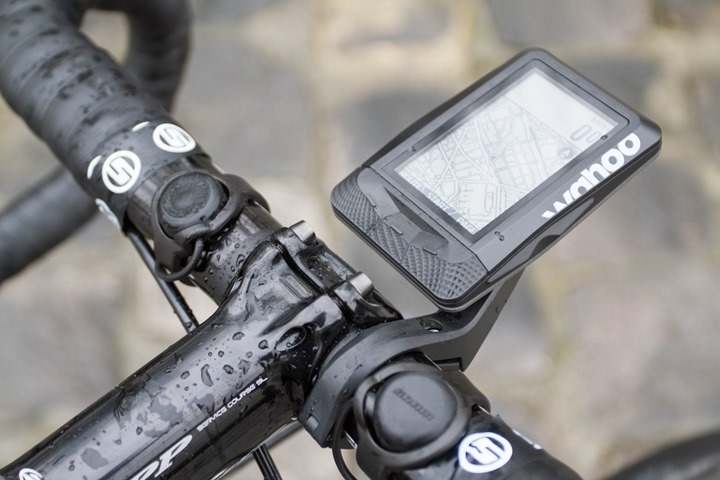
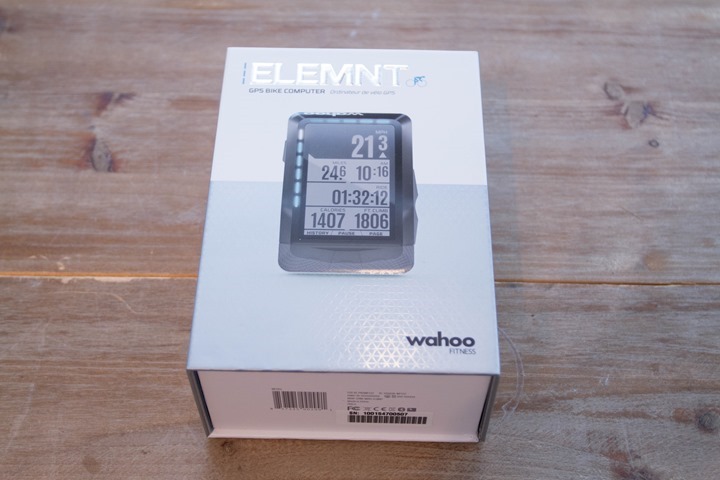
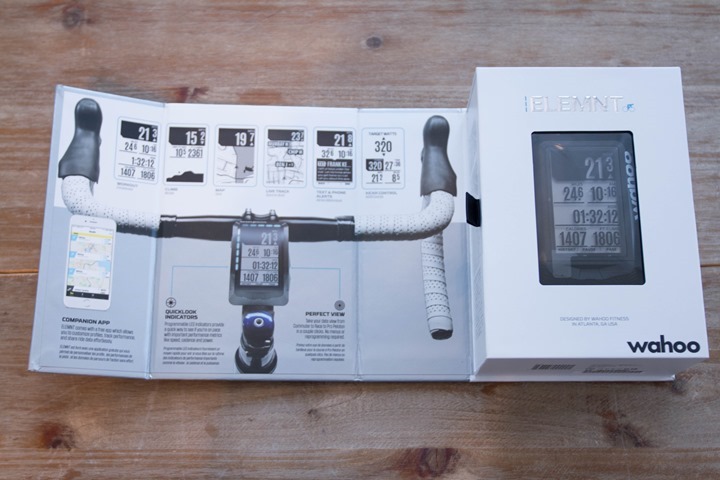
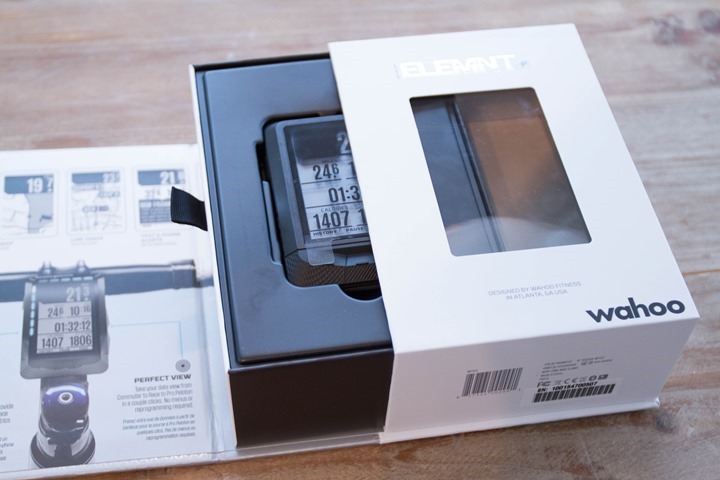
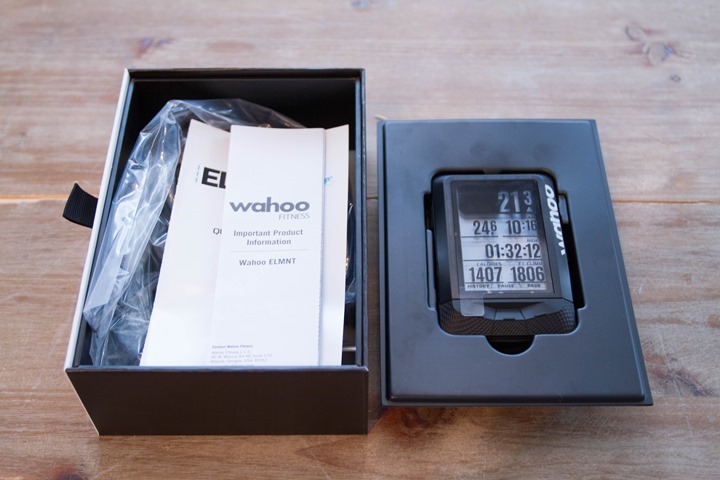
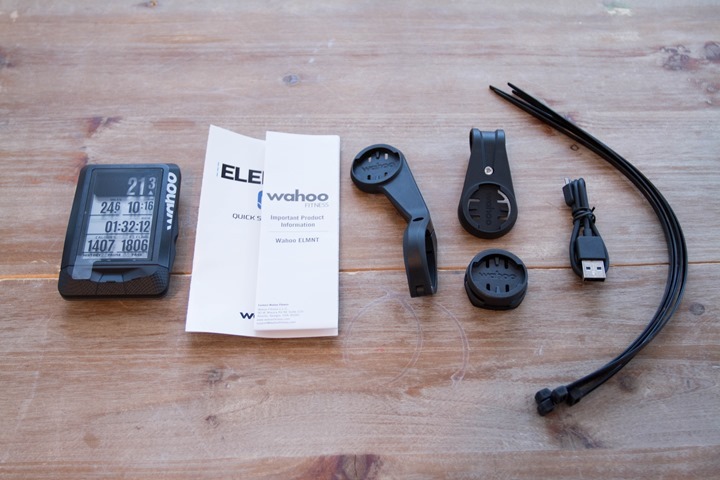
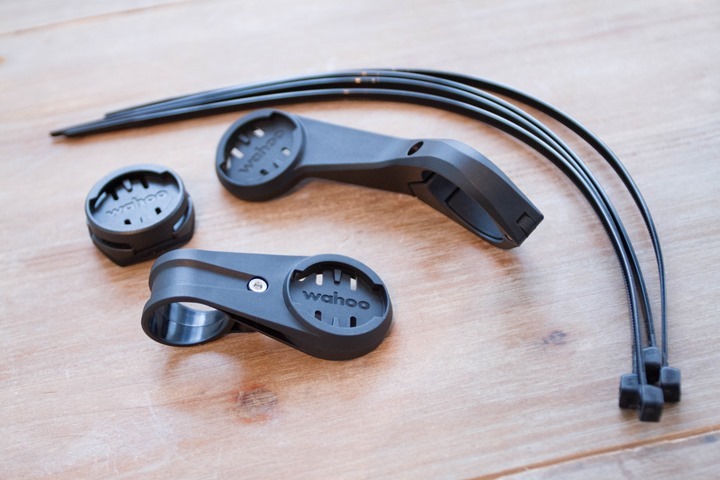
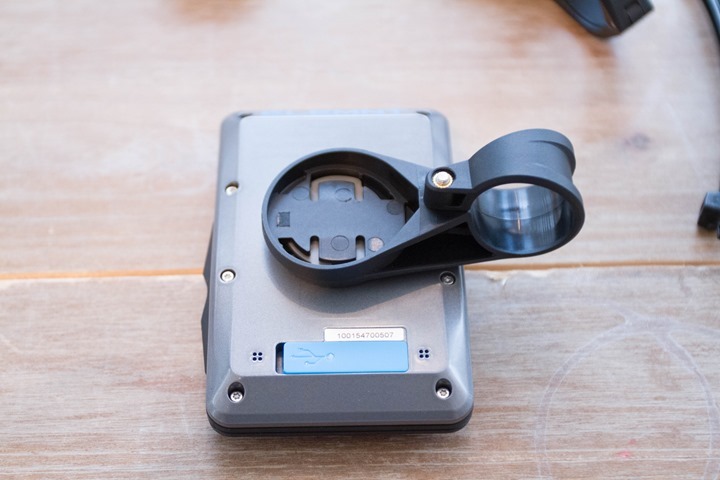
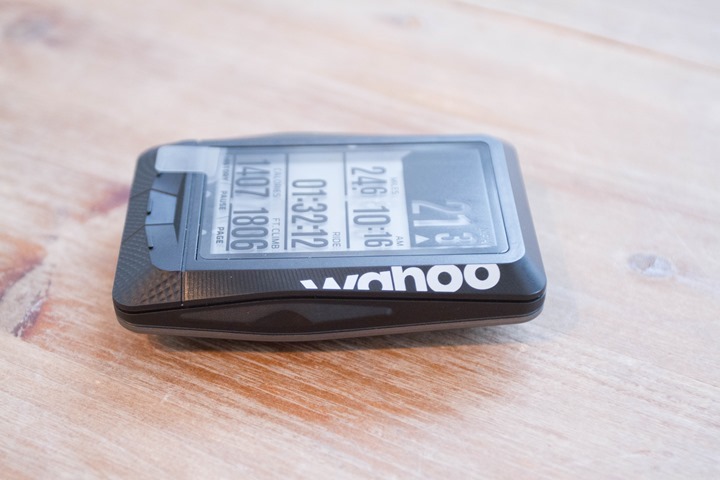
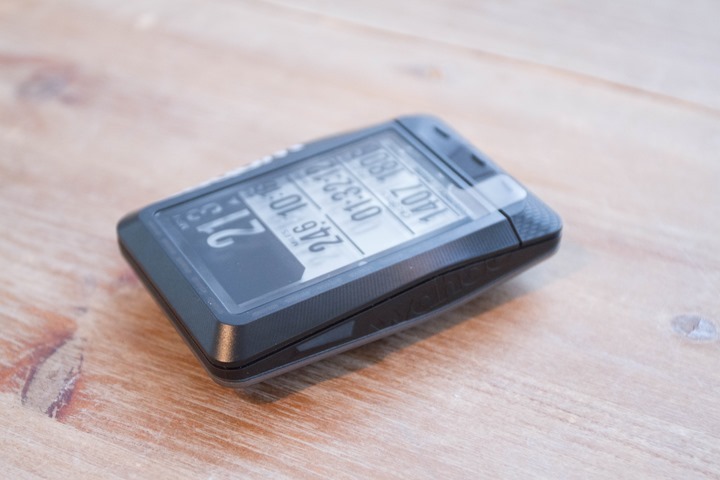
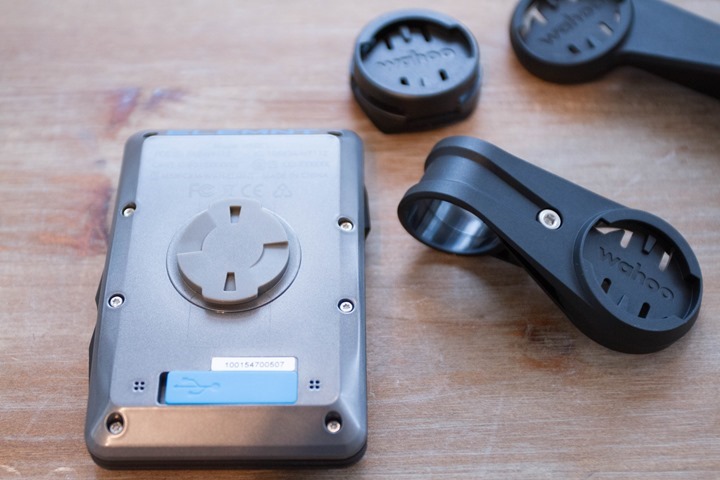
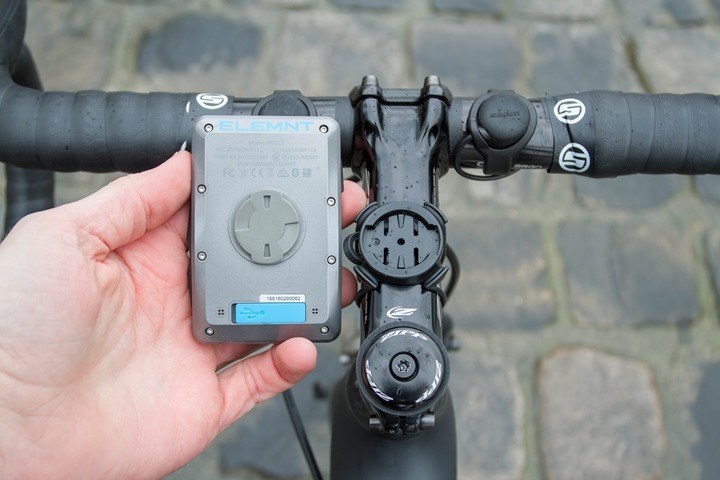
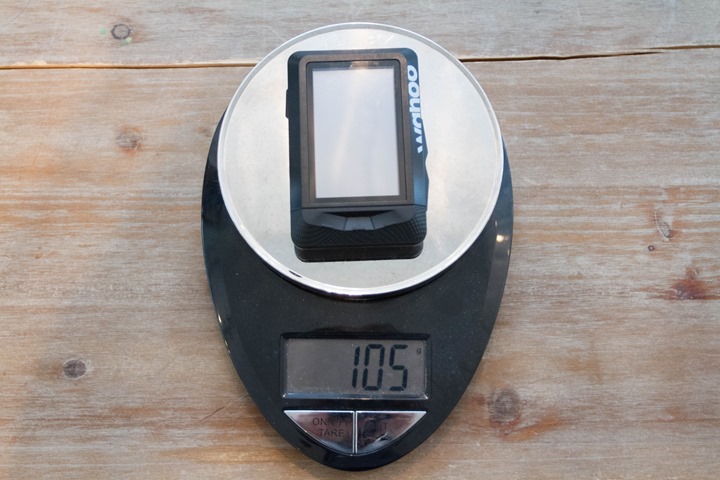
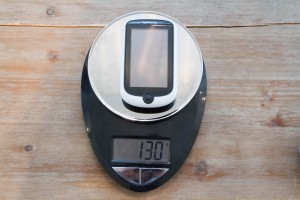
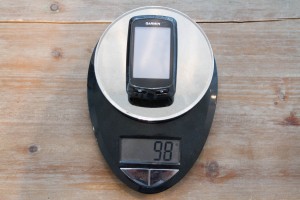
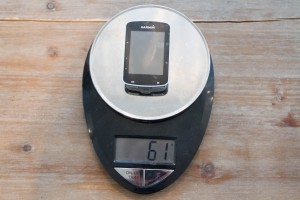
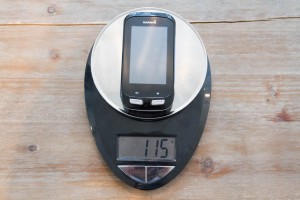
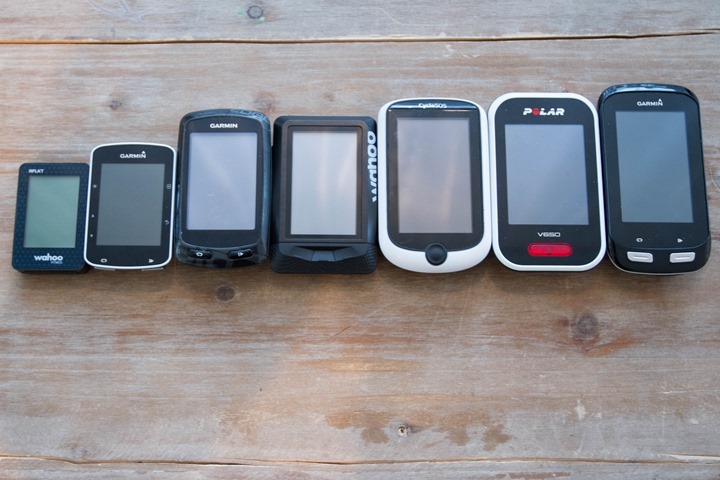
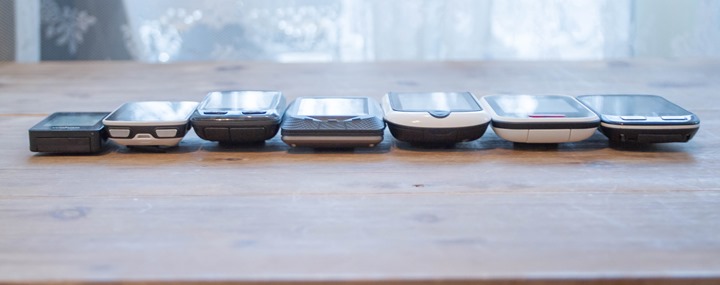
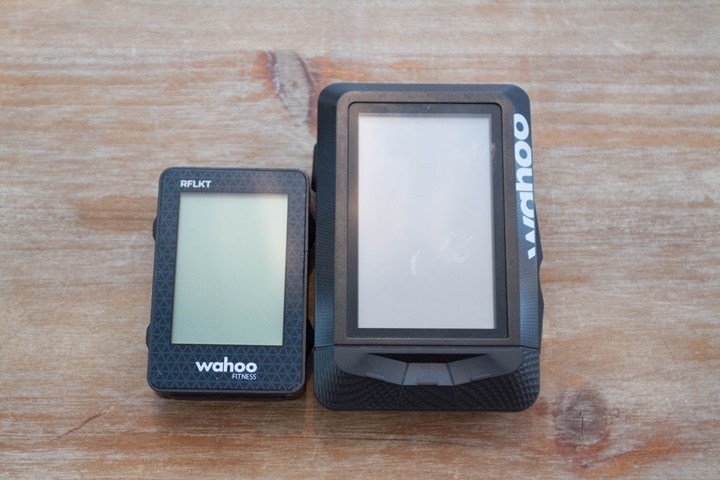
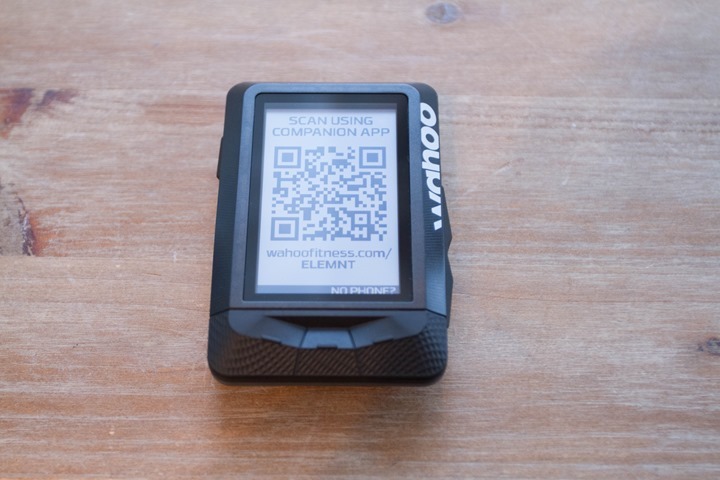
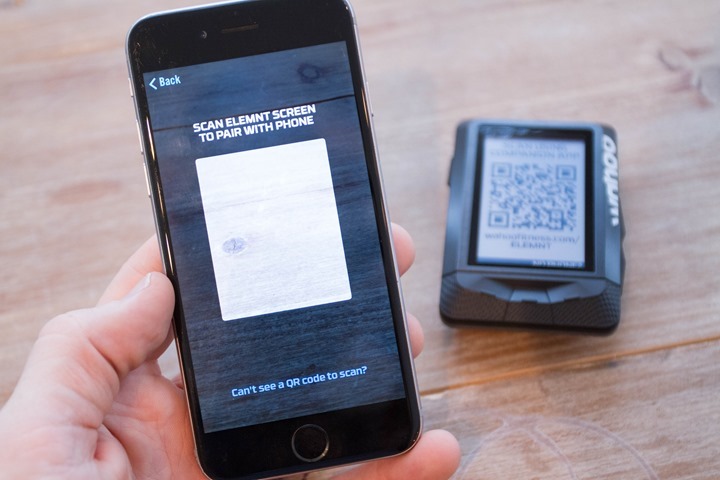
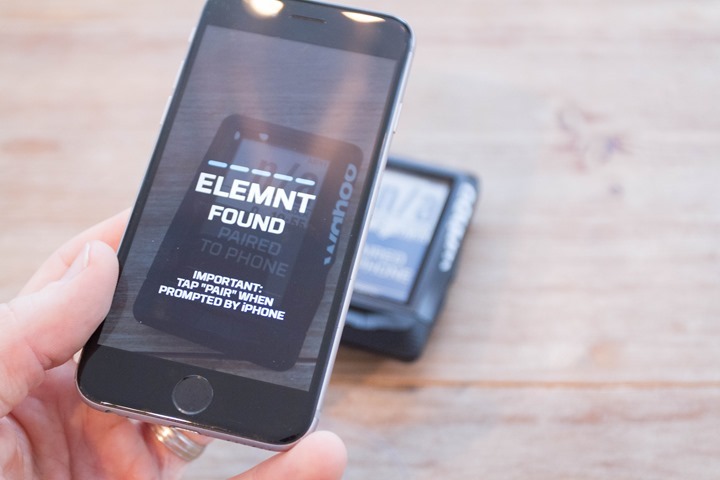
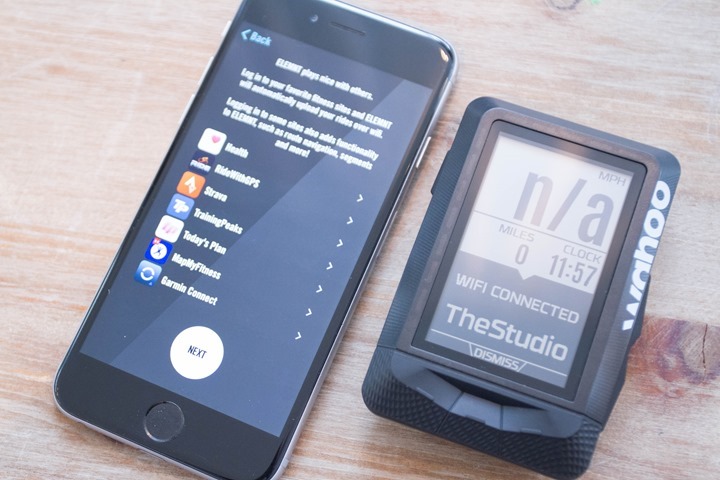
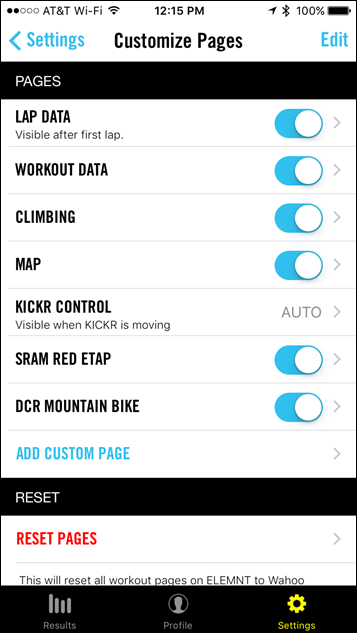
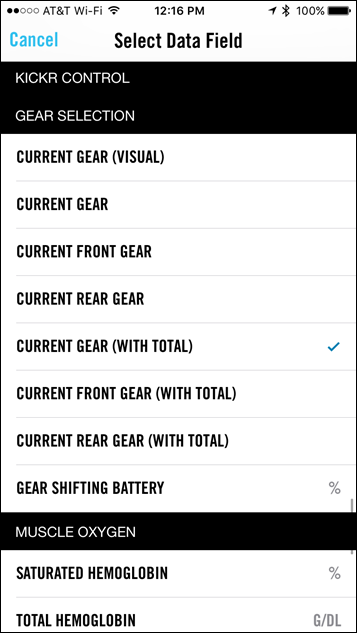
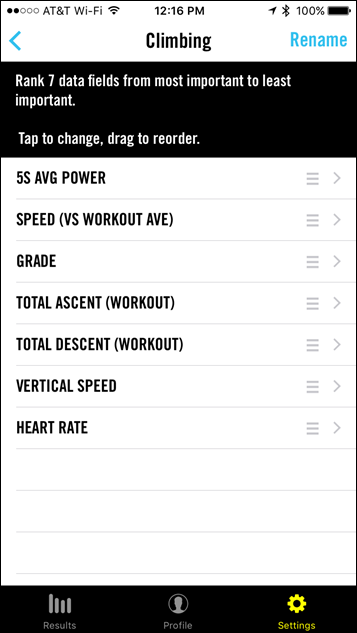
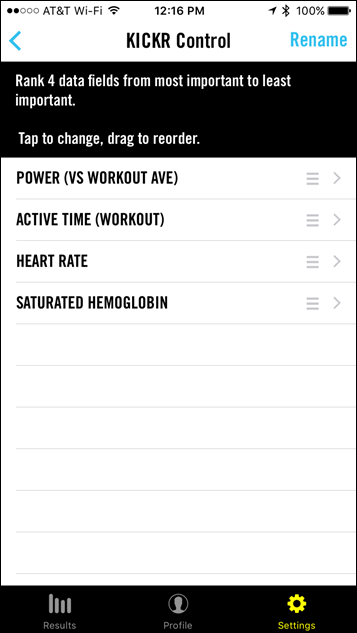
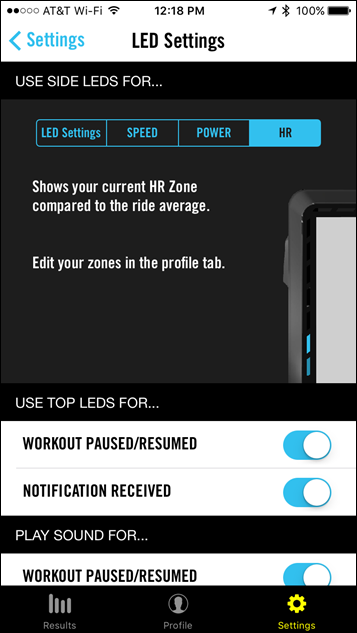
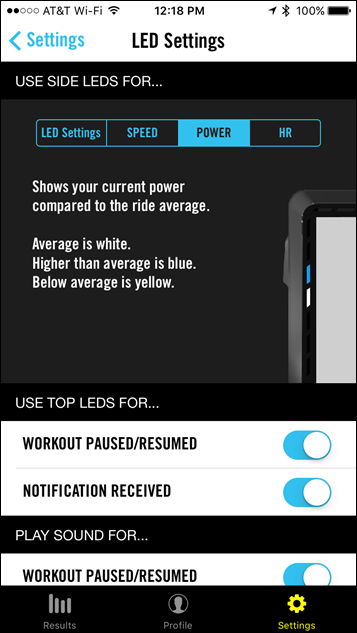
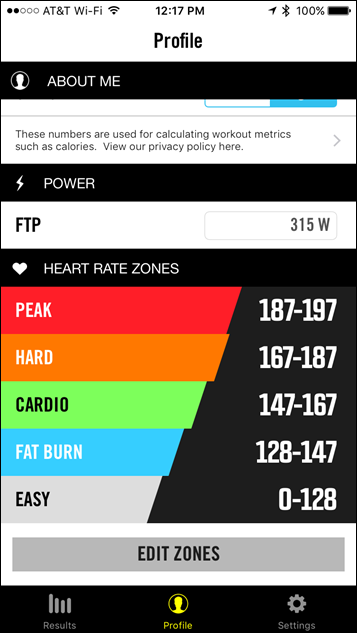
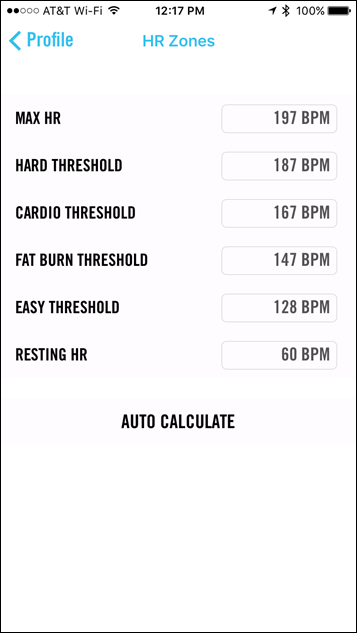
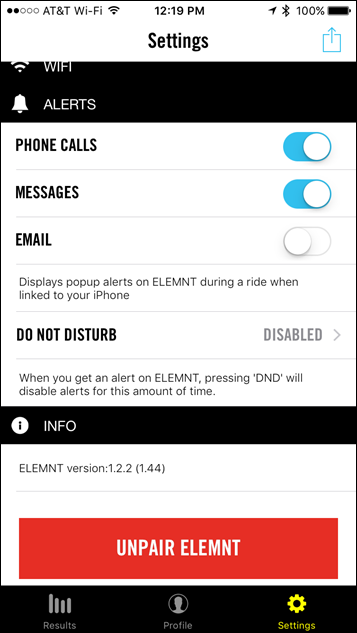
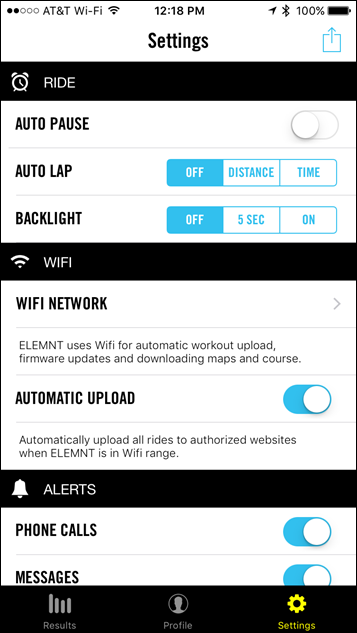
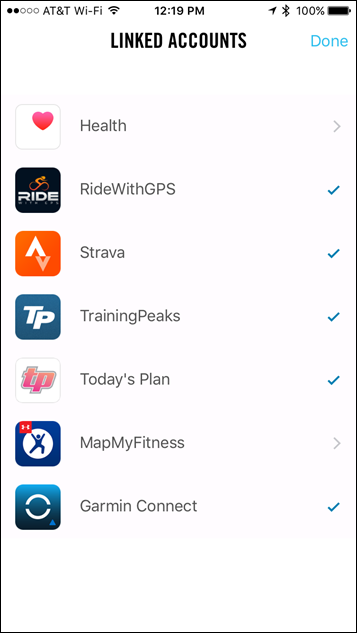
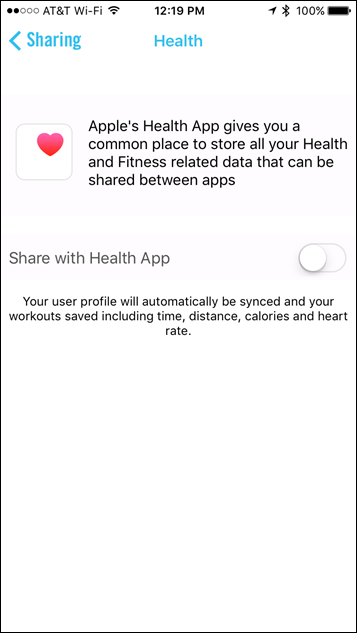
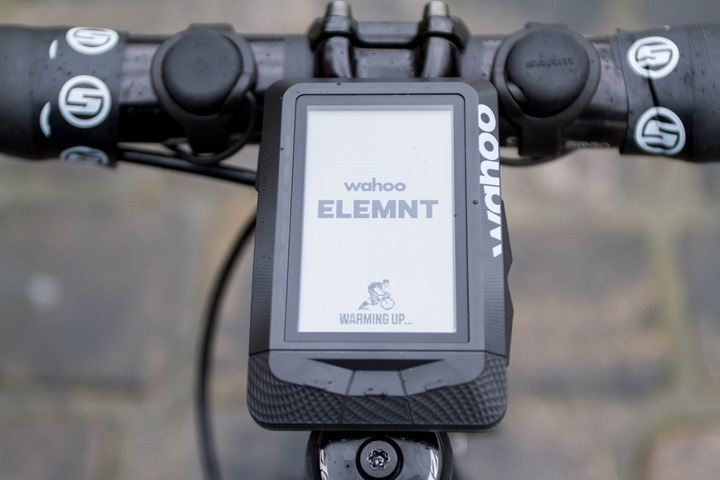
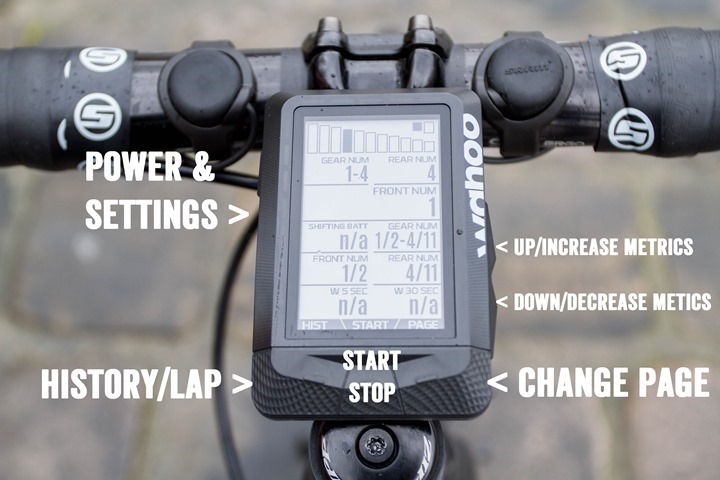
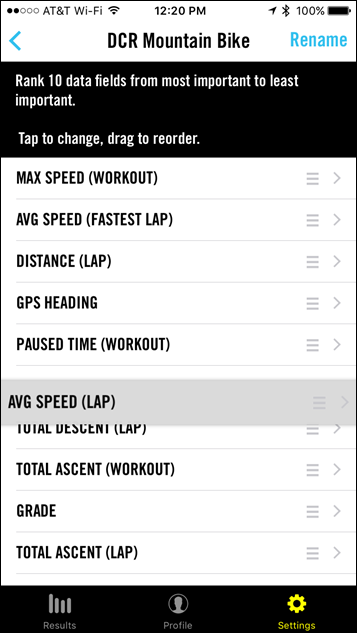
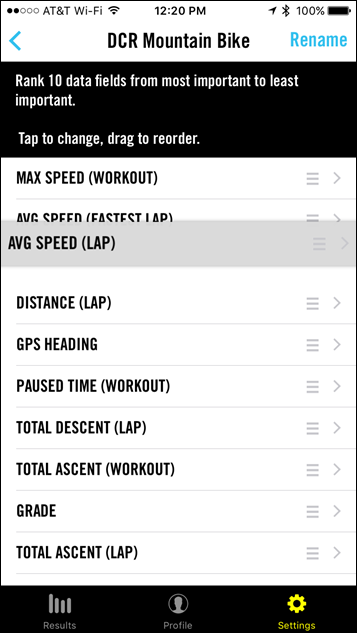
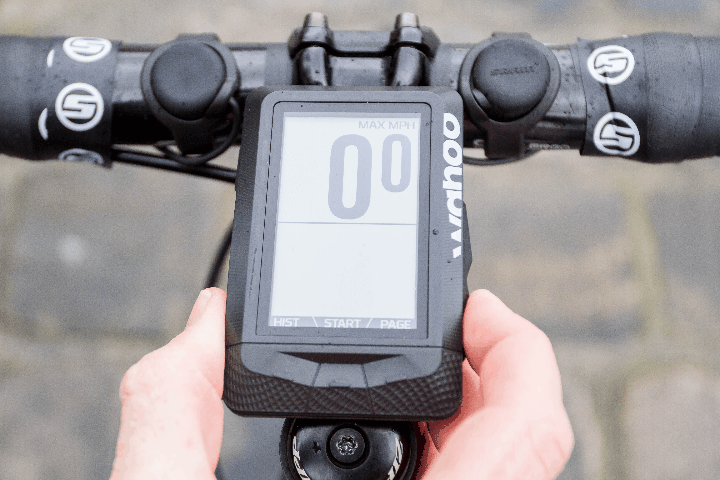
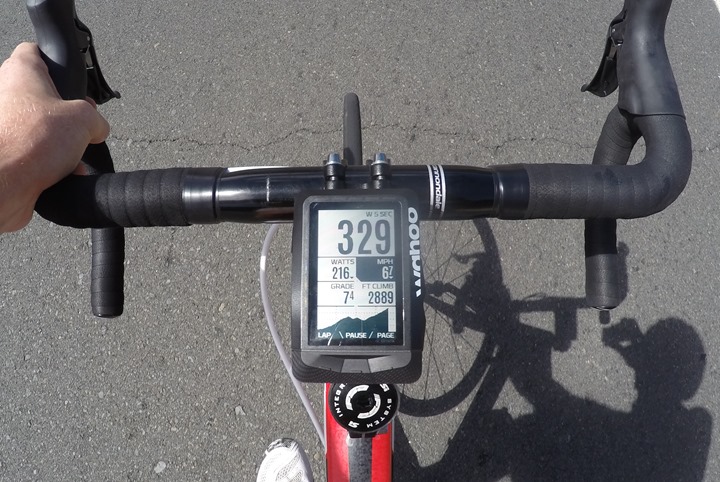
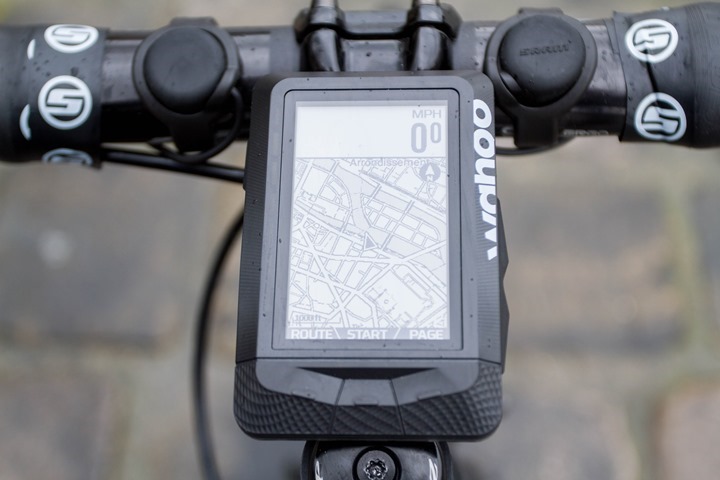
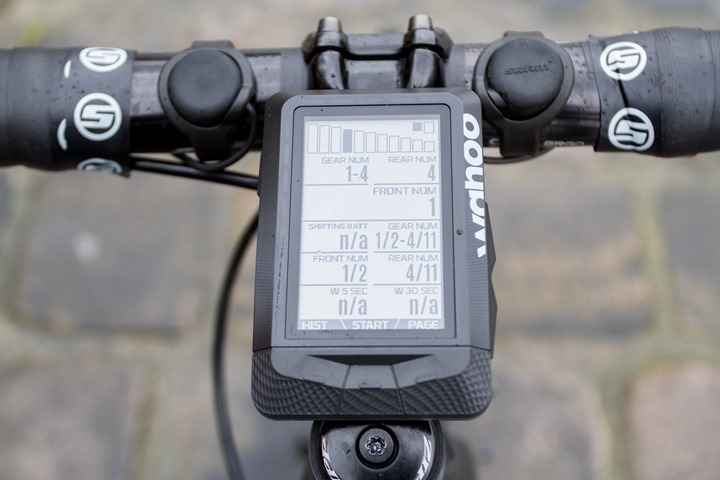
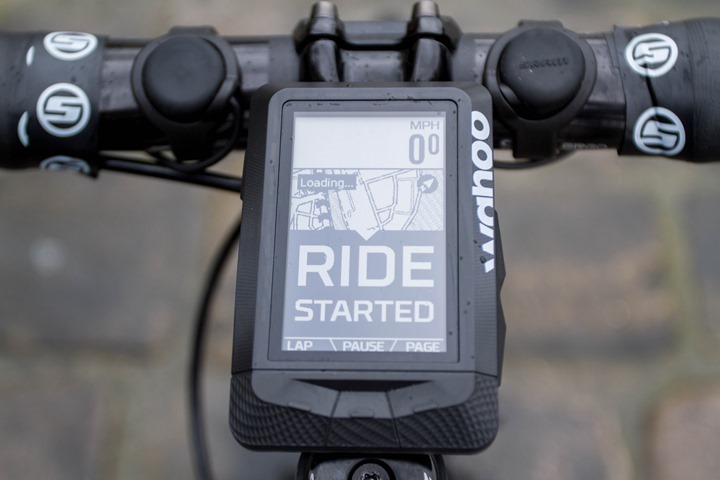
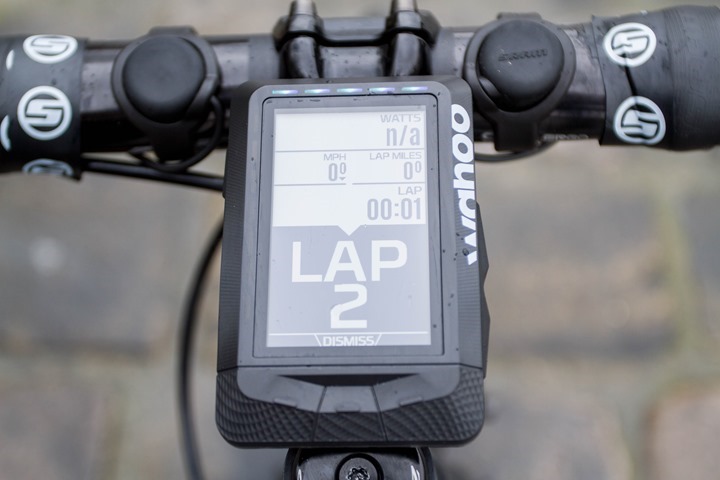
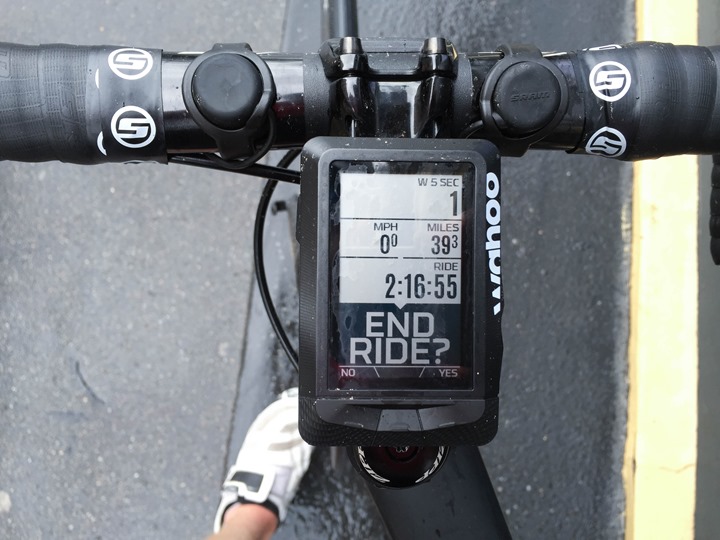
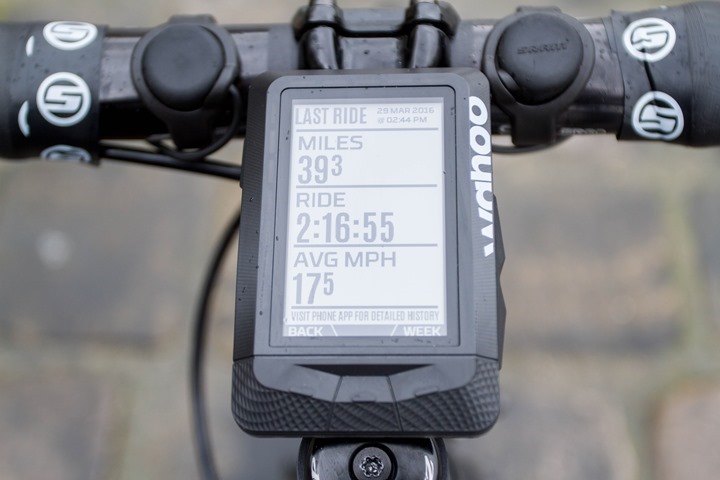
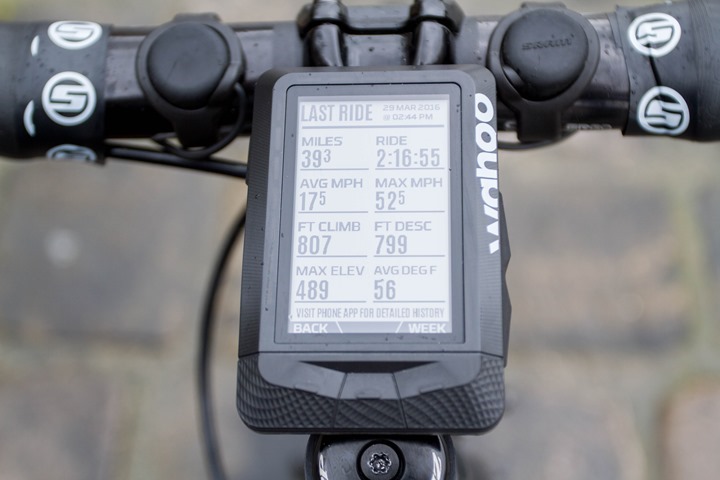
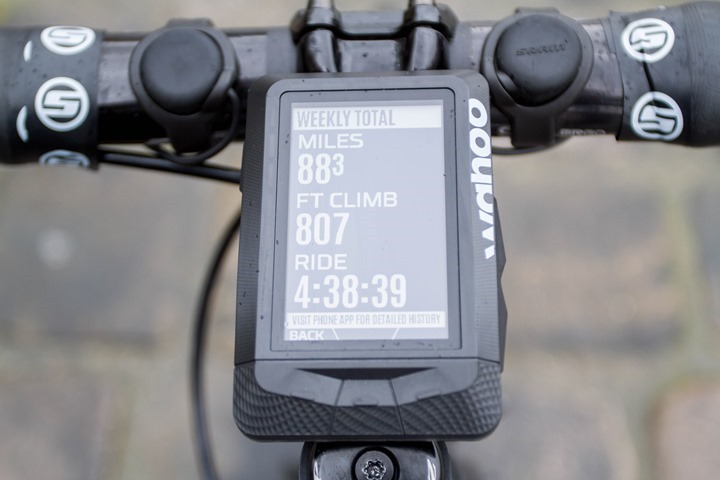
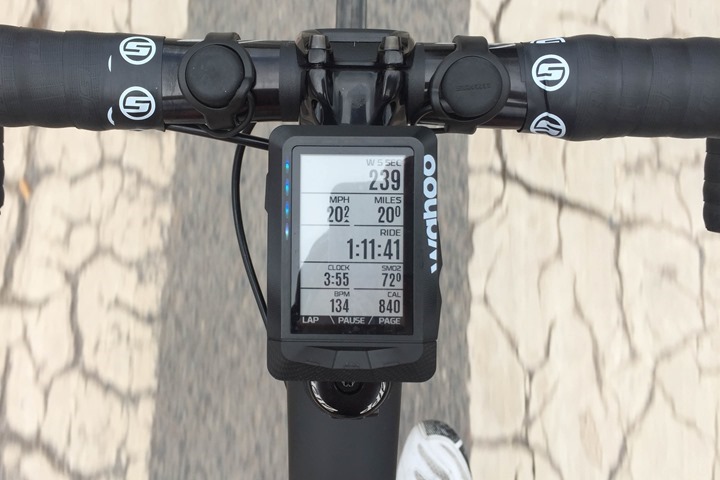
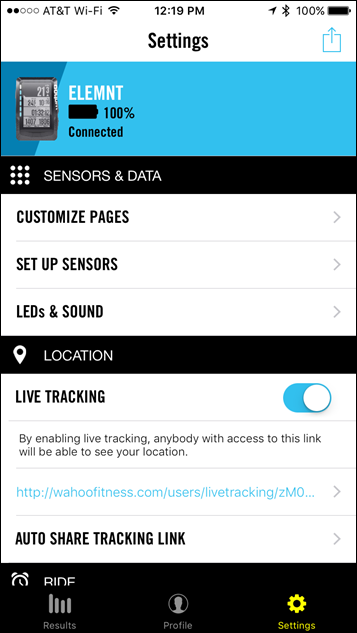
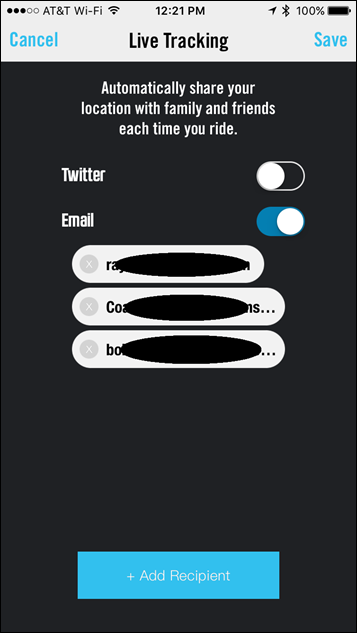
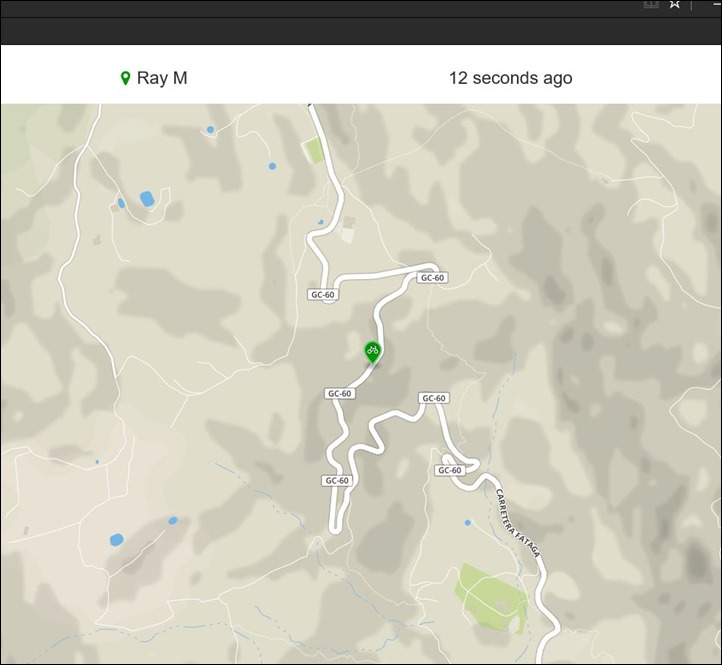
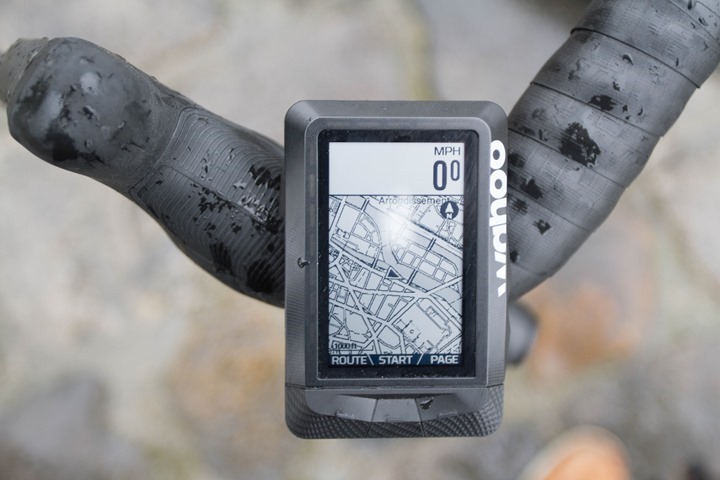
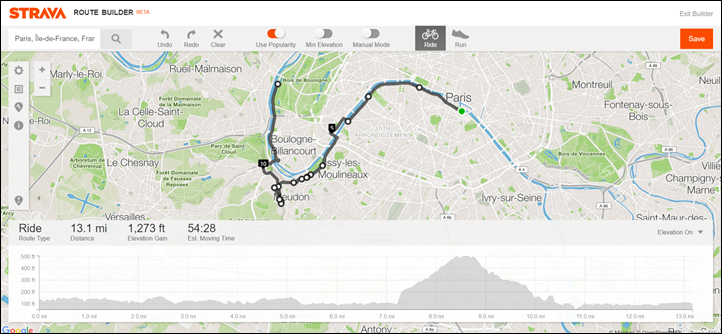
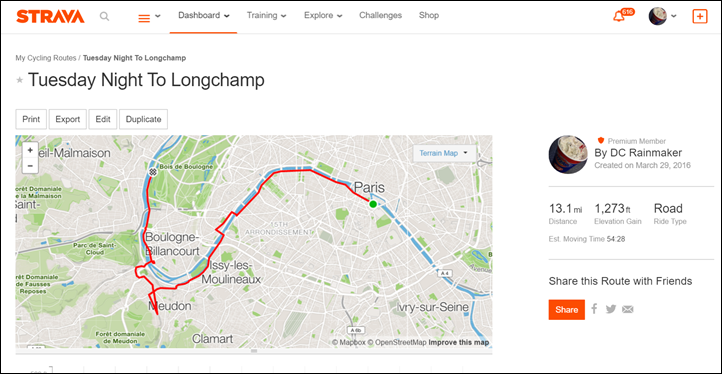
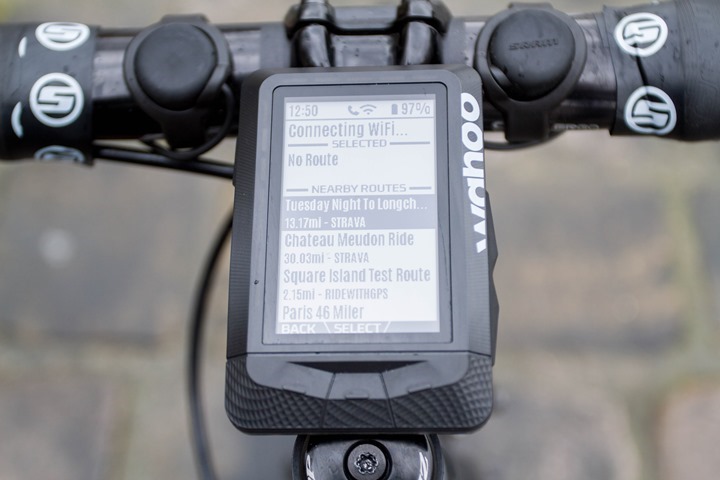
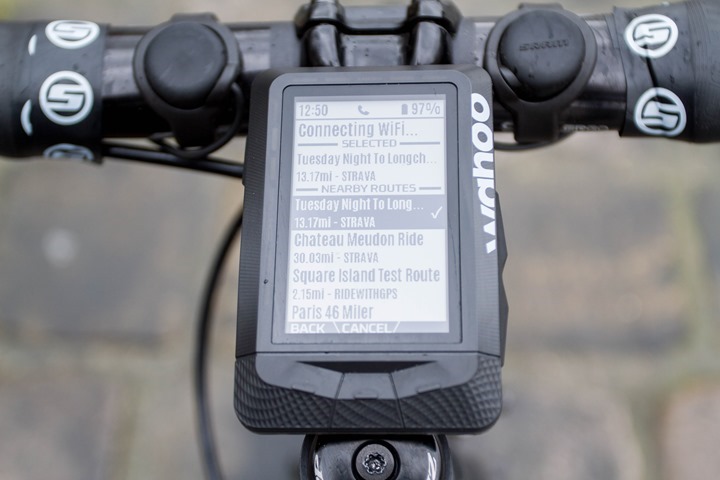
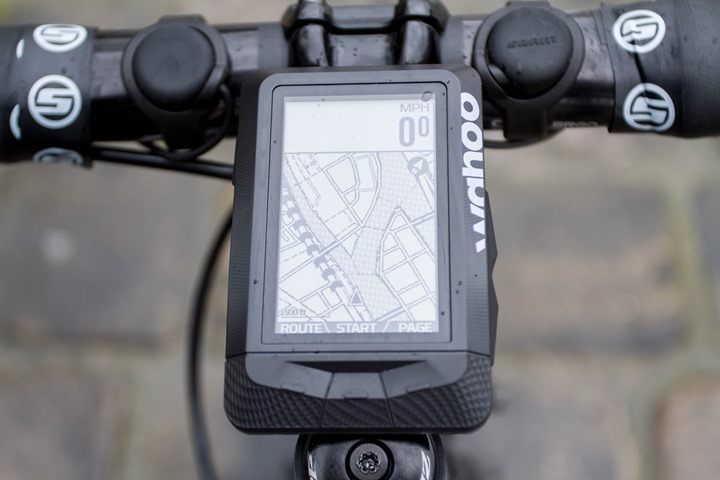
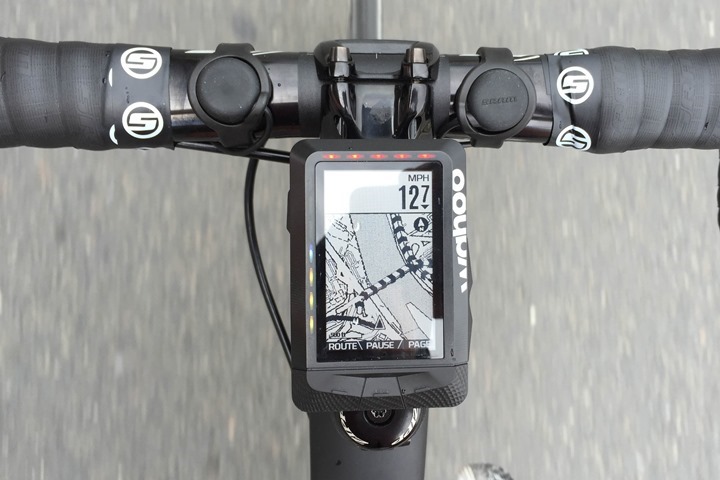
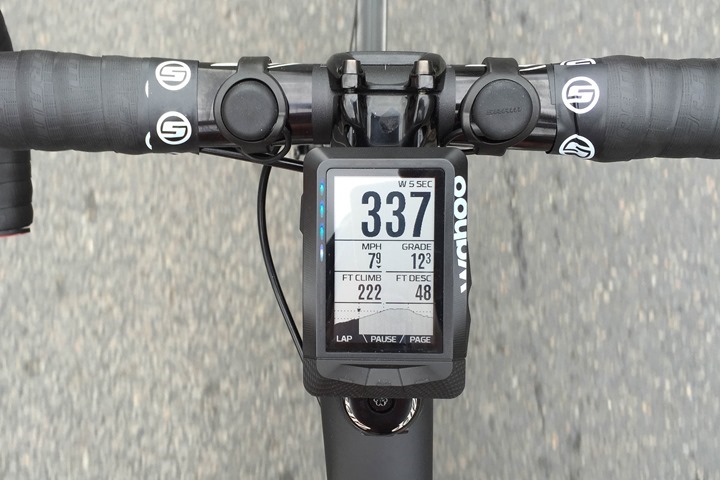
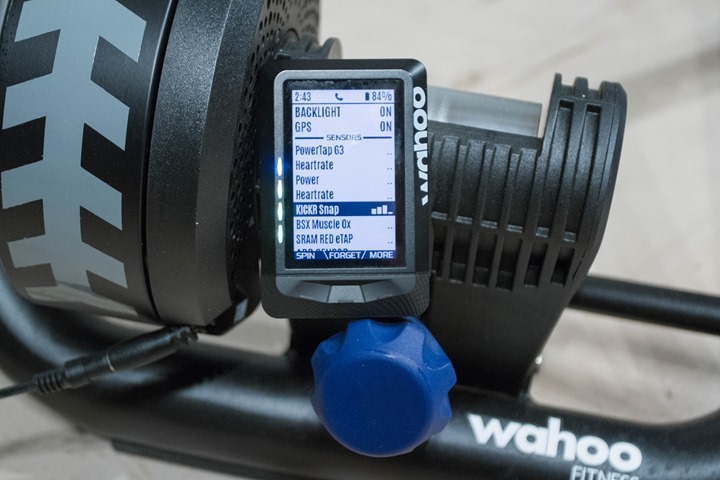
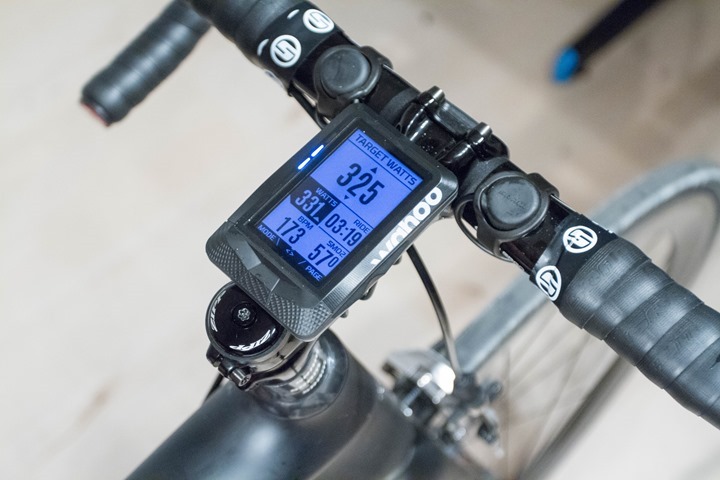
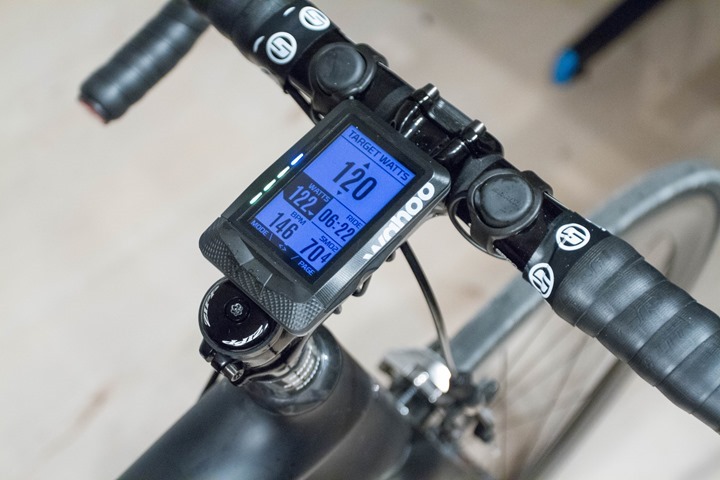
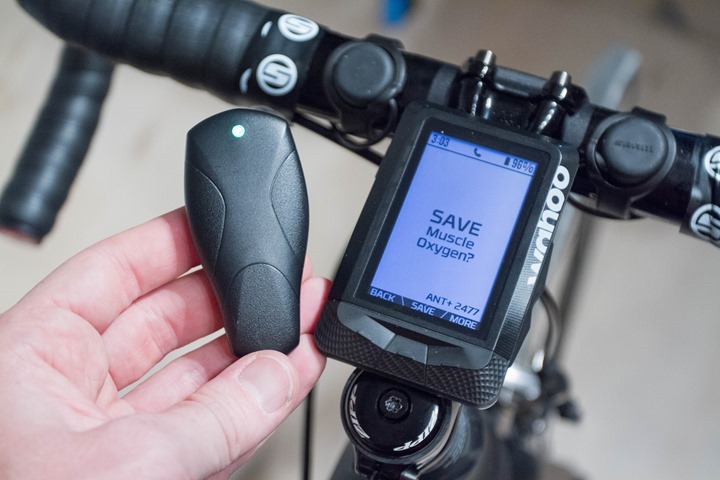
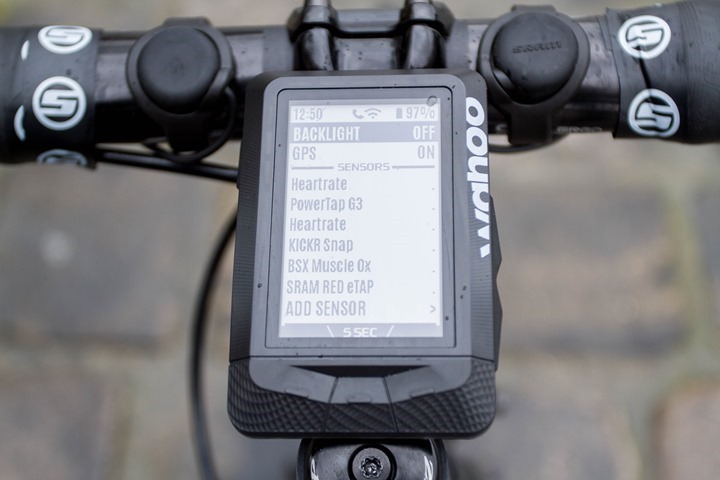
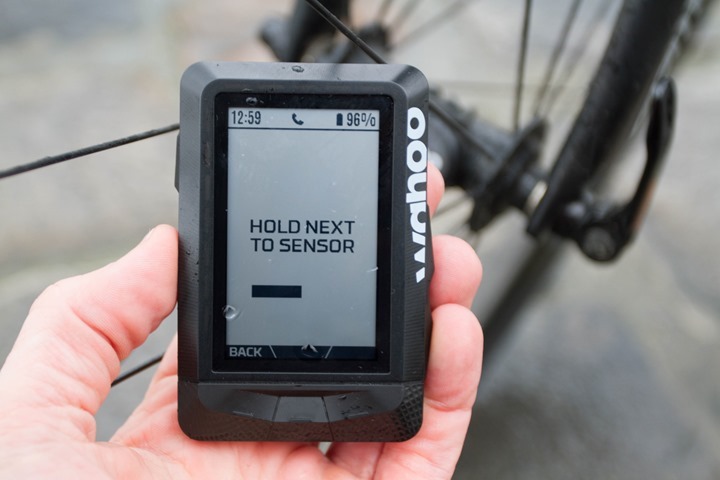
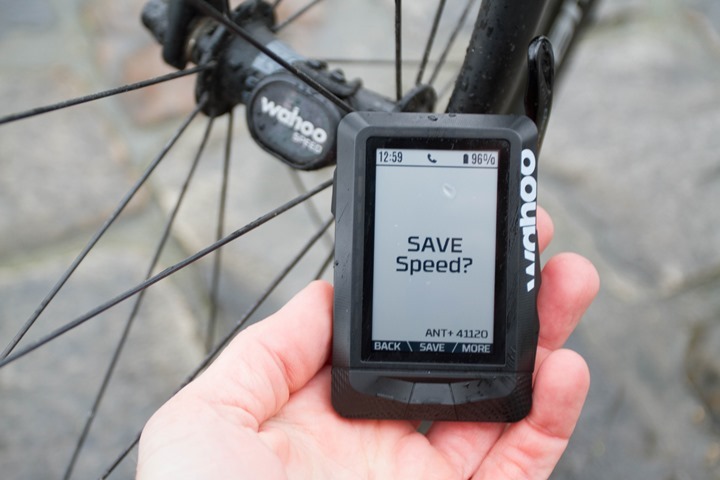
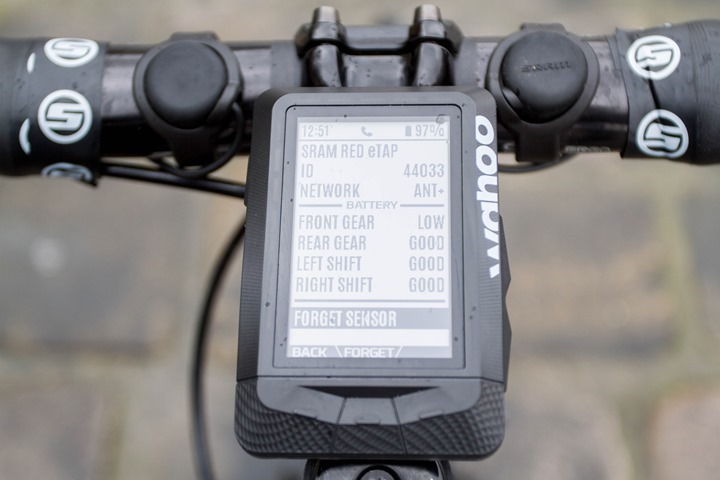
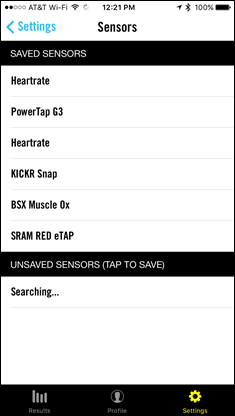
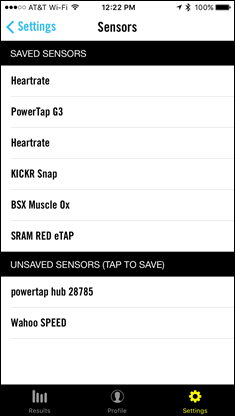
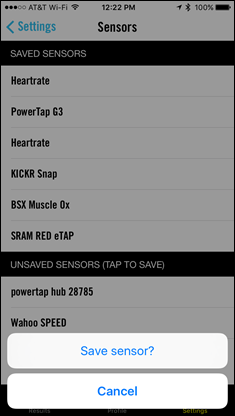
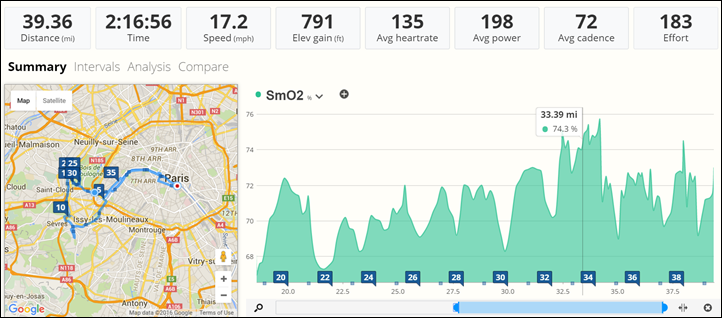
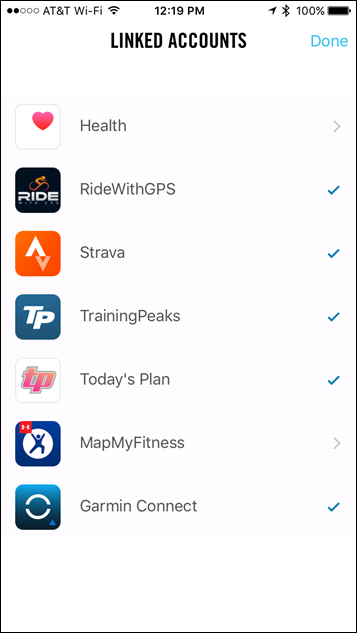
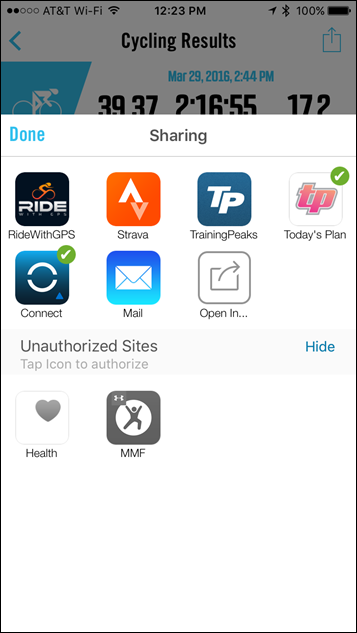
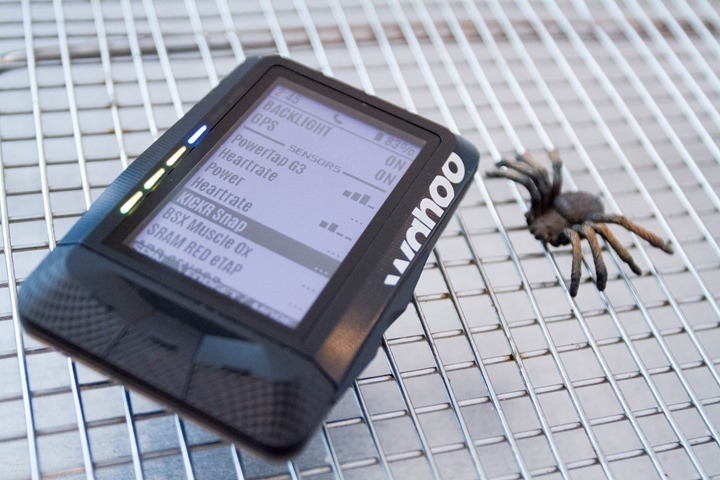
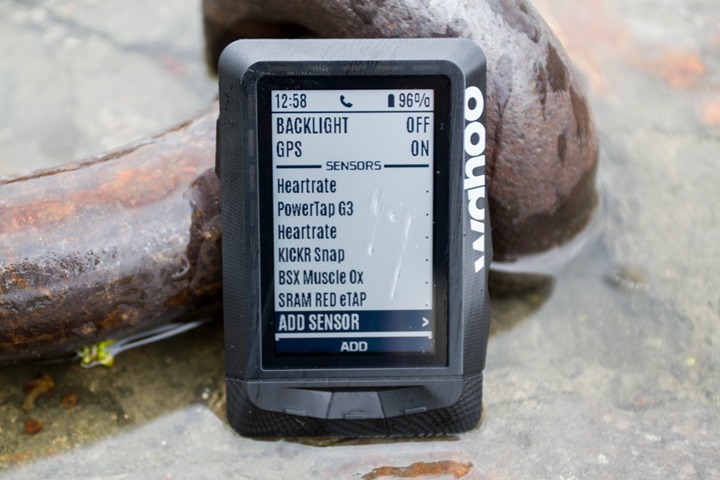
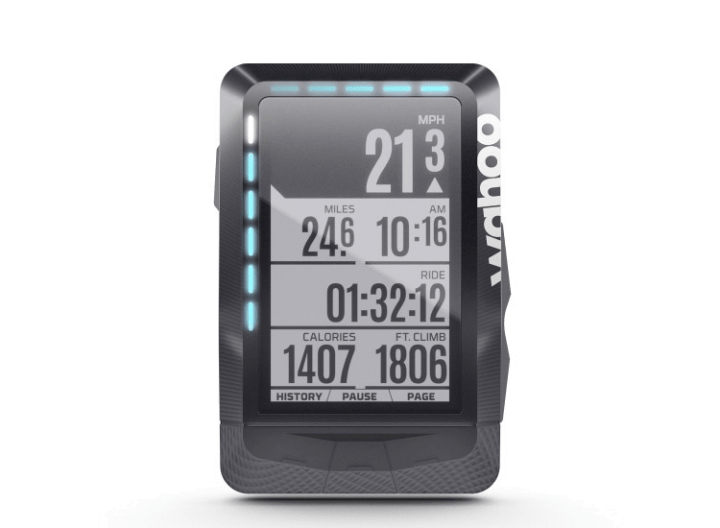
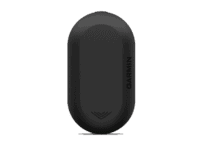
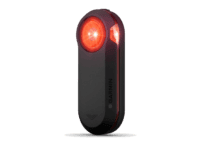
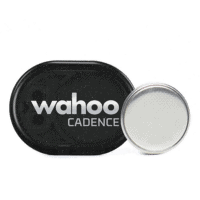
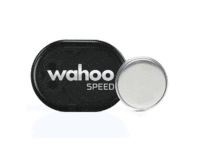
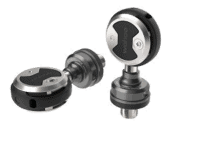

















Hi all,
My Elmnt rebooted six times during Today’s 2h ride. It automatically recovered and resumed the ride – cudus for that! But, why the reboots? Anyone else experienced this? I’m on the latest firmware and on the latest companion app version, running on an iPhone 7 on iOS12.
Can i read the crash logs myself somehow?
Scosche Rhythm 24 HRM pairs easily with my brand new Wahoo ELEMNT GPS but no heart rate data is rendered in the Wahoo unit. No issues when HRM is paired with Garmin 510 ?
Can we put the fields with heart rate and power zone in decimals like in Garmin ? Thanks
Looking for something specific here,
can the Waho Elemnt display W/KG while riding?
If not, can any other GPS bike computer show that?
Cheers!
Yes, it’s available as a customised field from the mobile app
hello, could you tell me when a new wahoo elemnt is due?
Hey Ray,
Thanks for all your reviews, my “Go=To” place before buying tech. I would just like to know, can the device be charged whilst recording. I am a slow poke, that does ultra distance rides. I would need battery for up to 20 hours, so i would need to charge mid ride. With my Garmin Edge 520 i could charge whilst recording, an i would need to be able to do the same with the ELEMNT.
Would appreciate your feedback
Greetings for South Africa
no problem to charge on the go
I’m generally really happy with the Elemnt – however it’s developed a bug which I can’t seem to fix.
It has simply *stopped* syncing with RidewithGPS…my account settings haven’t changed. But it used to sync rides from the unit into the ‘rides’ section of RWgps and, of course, the key function of routes created in ride withgps used to go TO to the unit – I’m now left with creating in a different web app and trying to import as a gpx file – which is far from ideal – especially as I know it CAN do it (cos it was doing it happily for about two years!)
I’ve de-authorised and re-done it, and I’ve logged out of the android phone app and back in, but no joy.
I really *don’t* want the answer to be a factory reset of the element but I fear it might be it…
Has anyone else come across this bug and what was a solution please? – i’m heading away on a trip in a few weeks and the routes are all going to be posted on ridewithgps so I am keen to sort it – as I’m not a premium user so can’t download the gpx to do it that way… (oh, and if anyone from wahoo is reading, i DID raise a support request but got zero response, so that didn’t help much)
thanks for any guidance in advance
JON
Jon, sorry to hear, I would persist with wahoo, try replying to the email. Not sure if you can call them? Do you know of any changes on the devices that you could have made or any updates? any way of reversing the updates if this was the cause?
Vincenzo
Favero Assioma DUO power pedals at new firmware 4.04 are NOT compatible with Elmnt on latest firmware. Elmnt only picks up left side power and displays it as total too, since right side (slave in the ANT+ setup) shows 0W all the time. Balance is shown as 100/0 L/R and total numbers are half of ‘the usual’. Calibration fails too. Elmnt is factory reset, and power pedals are forgot and reconnected – to no avail.
If you are on the Elmnt – wait before you upgrade the firmware on your Assioma pedals.
I have submitted bug report to both companies.
I tested Unified L/R and Left + right setup. did not make a difference. I turned off bluetooth on the phone and connected sensors to the head unit directly. no difference. I tried connecting pedals to wahoo companion app with elmnt turned off, and this was super flaky, only worked very intermittently, and then not at all.
Power numbers sometimes jumped to >1500W while coasting.
something is clearly amiss.
I rode the new firmware with an SRM PC8 – no issues – they have always struggled with Favero and updates.
I’ve had the Element for a week, and I just saw your comment about battery life. If only I’d seen this, before I ordered it. I bought it for my double century rides. Anyhow, I found that Wifi on the Element only supports 2.4 G band on Wifi. My Wifi is on 5G, and it took me ~ 1 week to discover that. It doesn’t tell you that in the getting started guide, and is buried on their web site. Also, I found I had to disable all bluetooth connections, before the Element could sync with the app.
So much for the ‘in-depth-‘ review then…
I recently figured out how to create a route using the website link to plotaroute.com, the neat thing is you can create your own cue sheet for the turn by turn directions. The only time I was able to view the directions is only when I saved the file in .tcx format. You can also save it in .gpx, but I noticed that their is a limitation of characters that display on the screen. The site also allowed me to create a gravel route, I dont think ridewgps has this capability. Give the site a try.